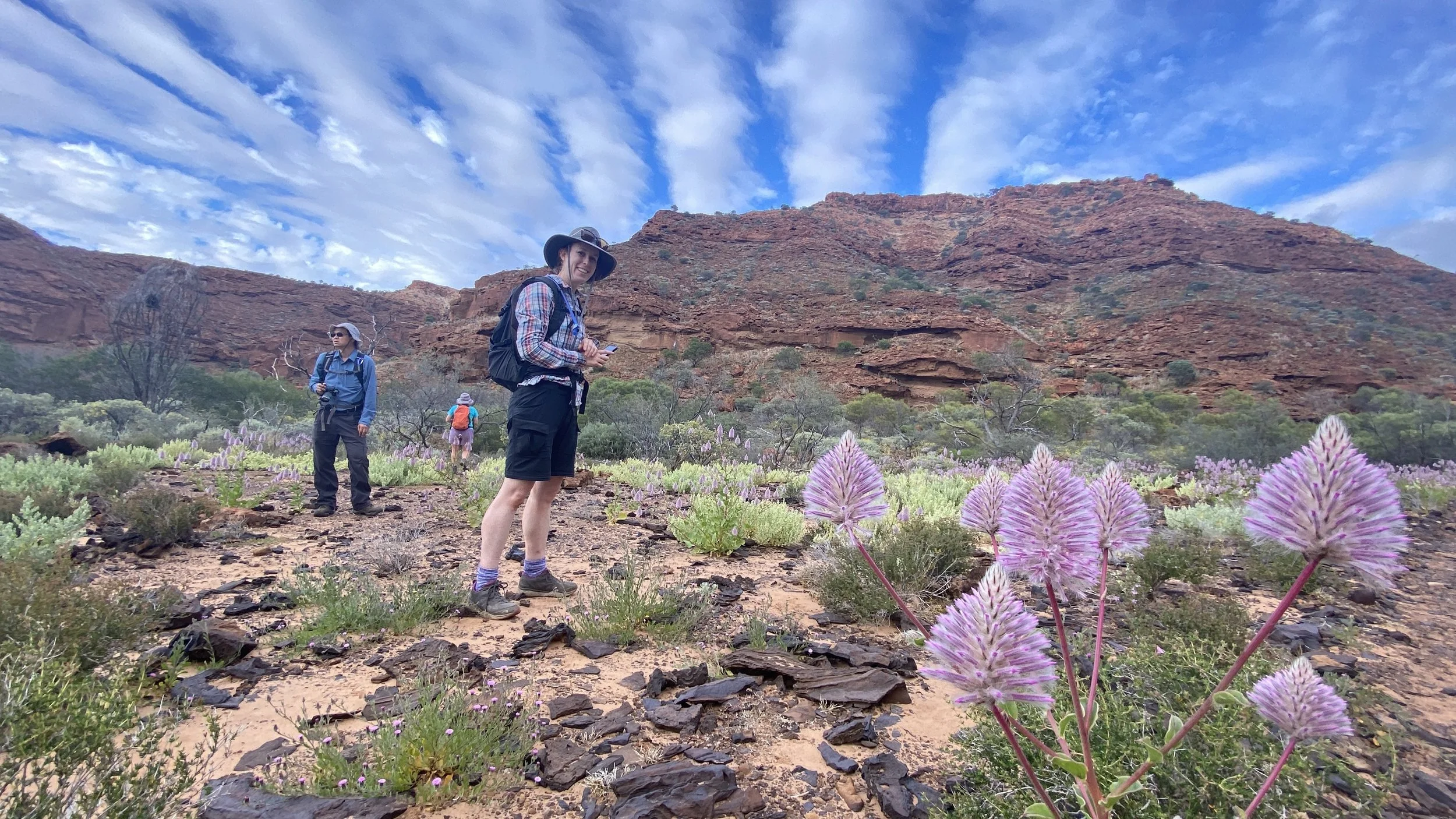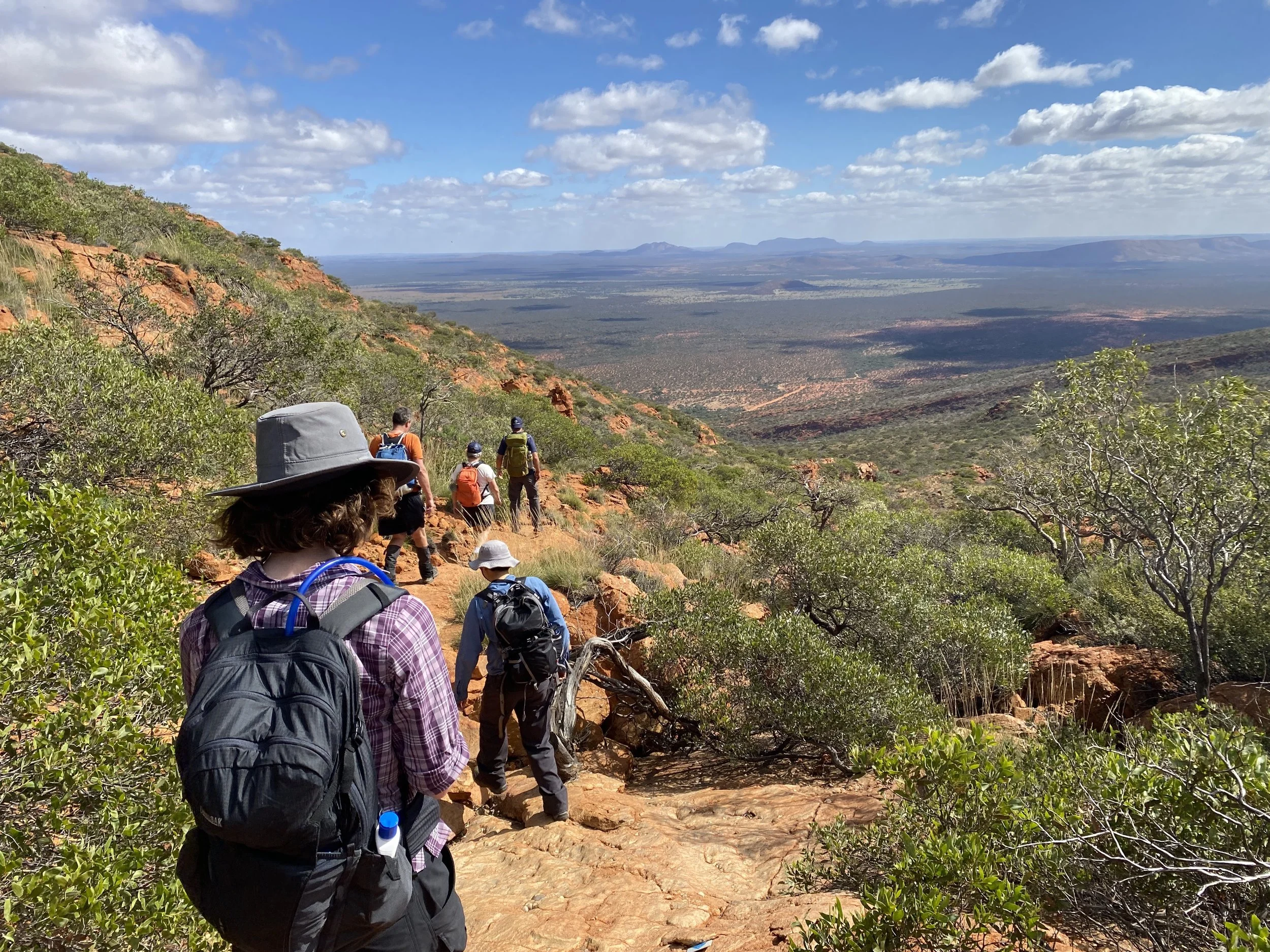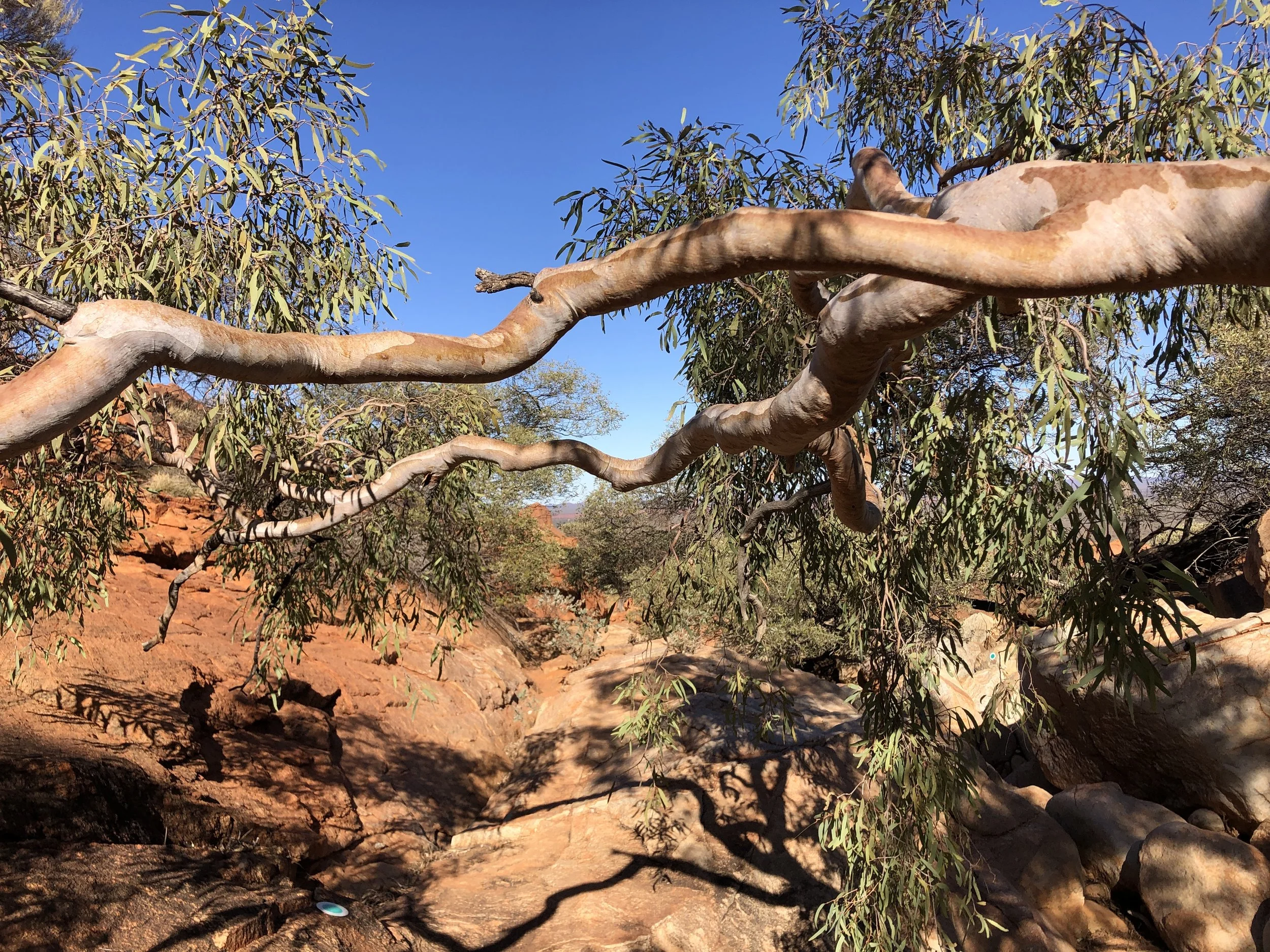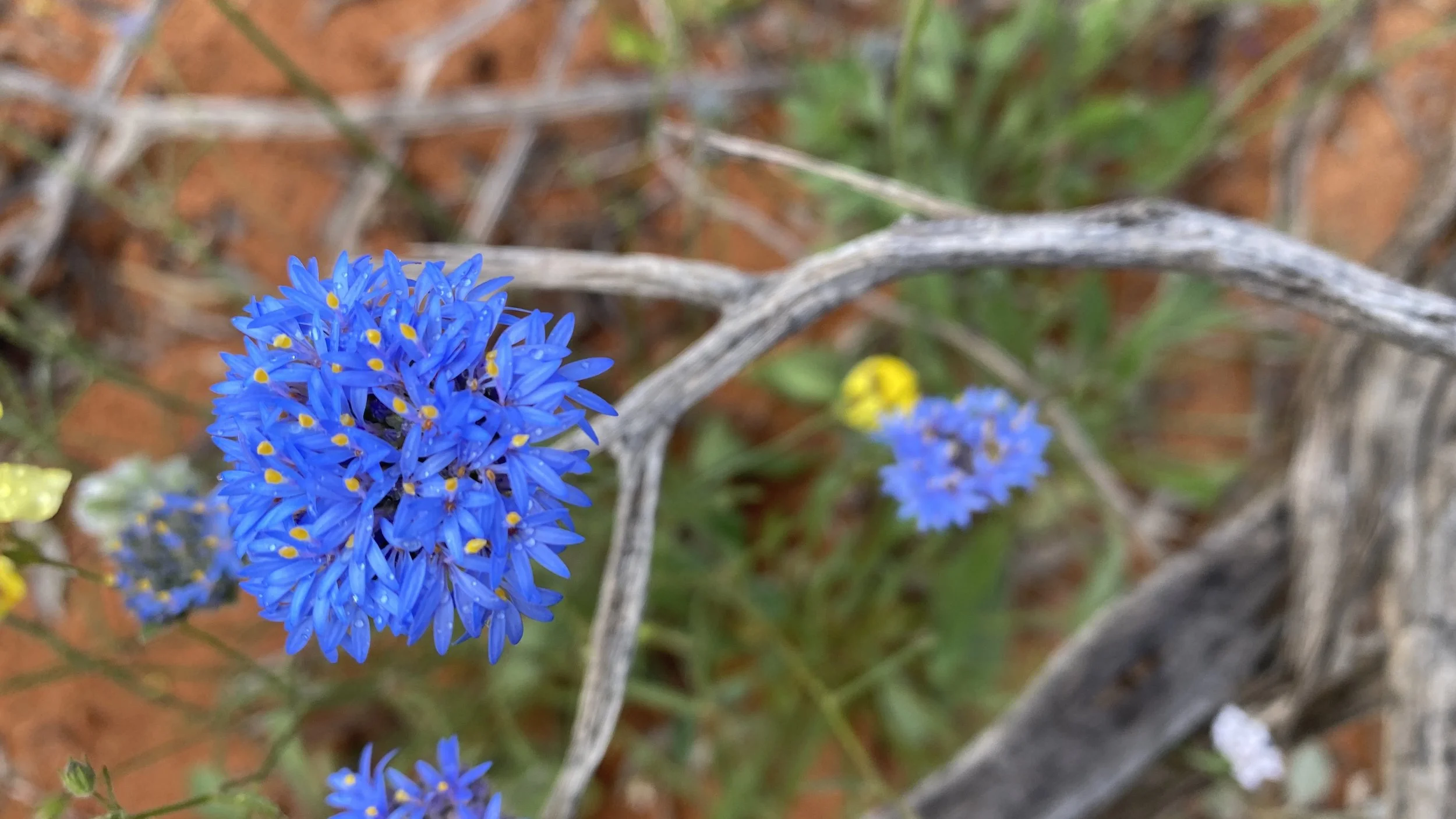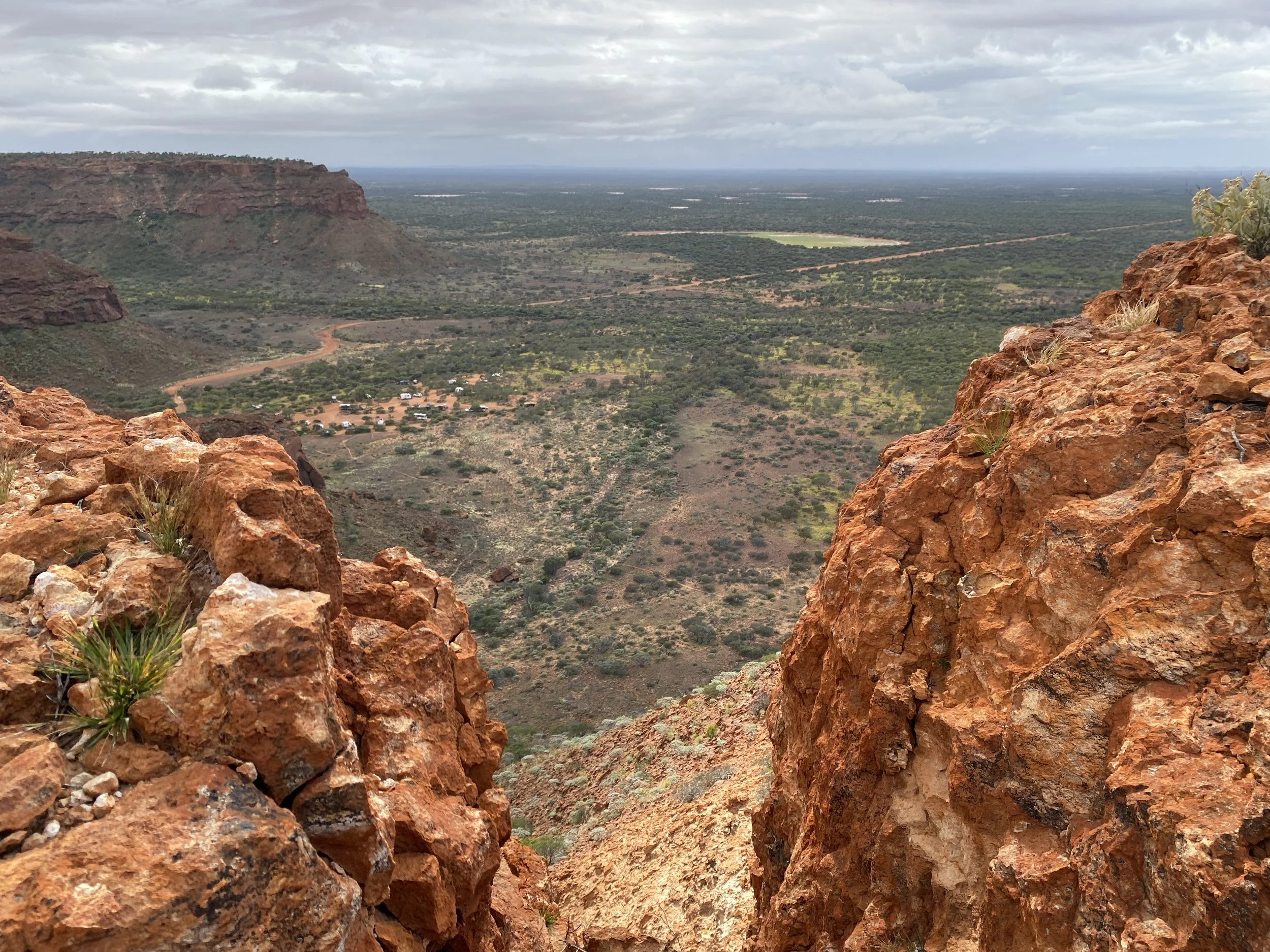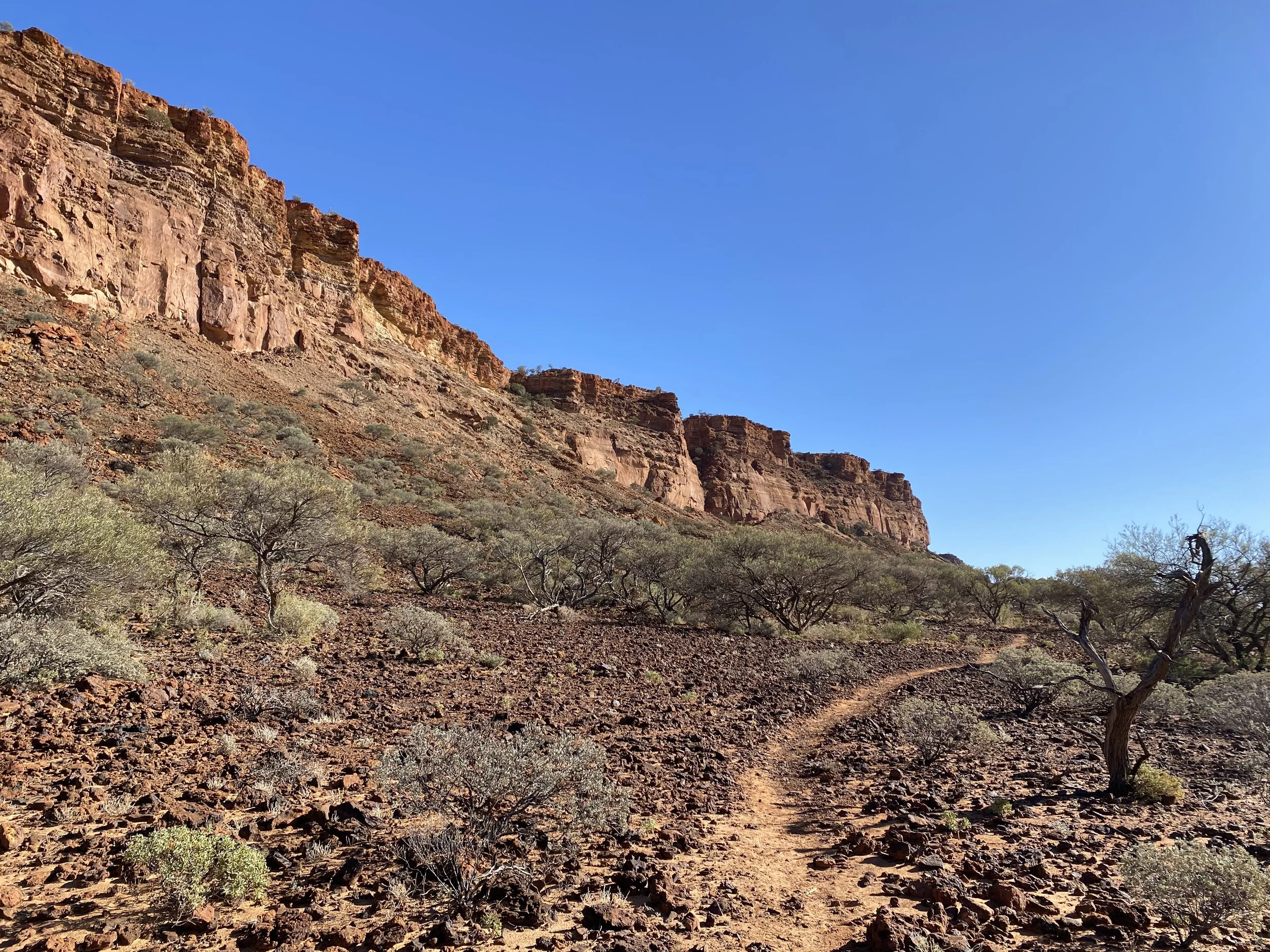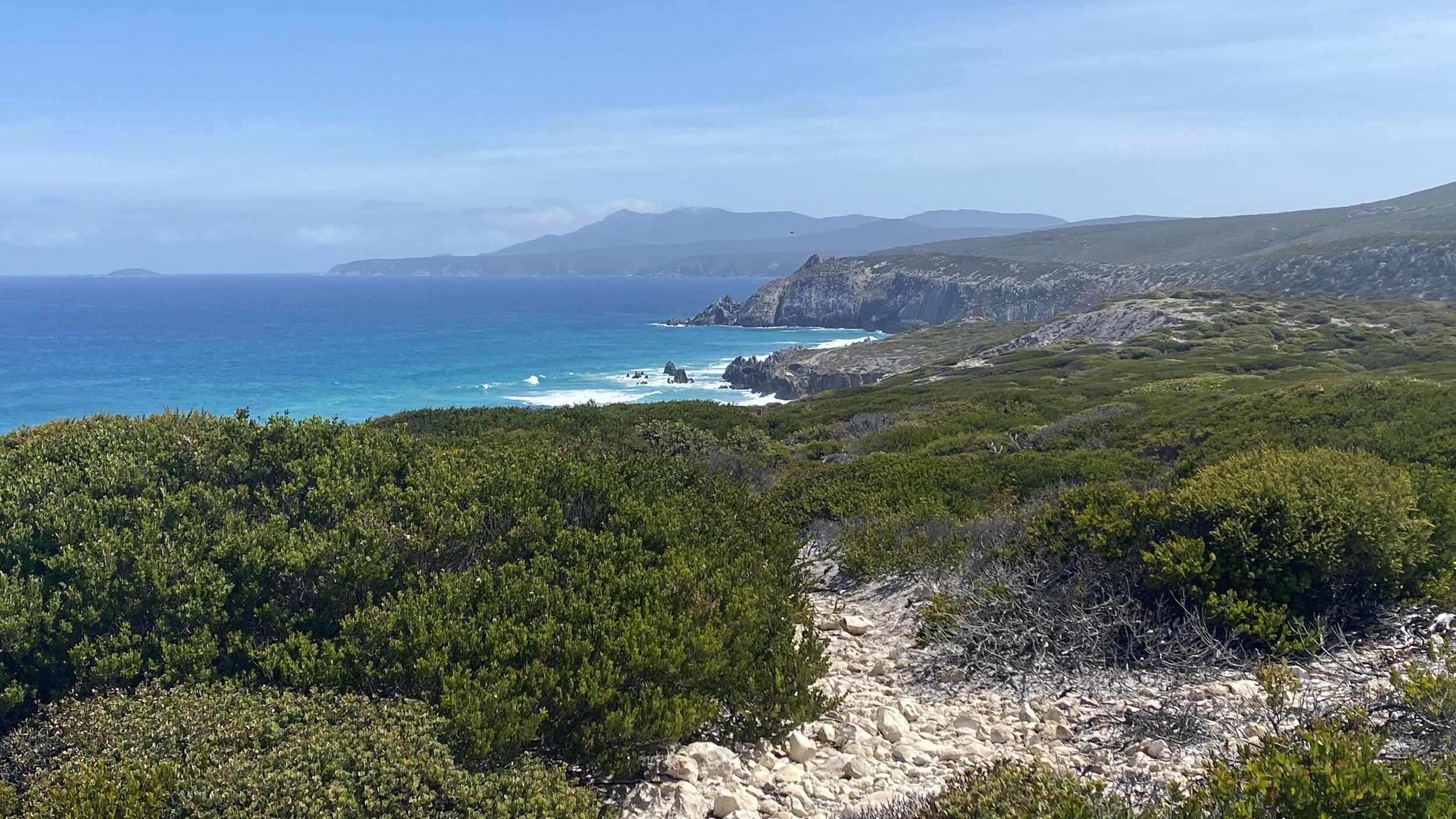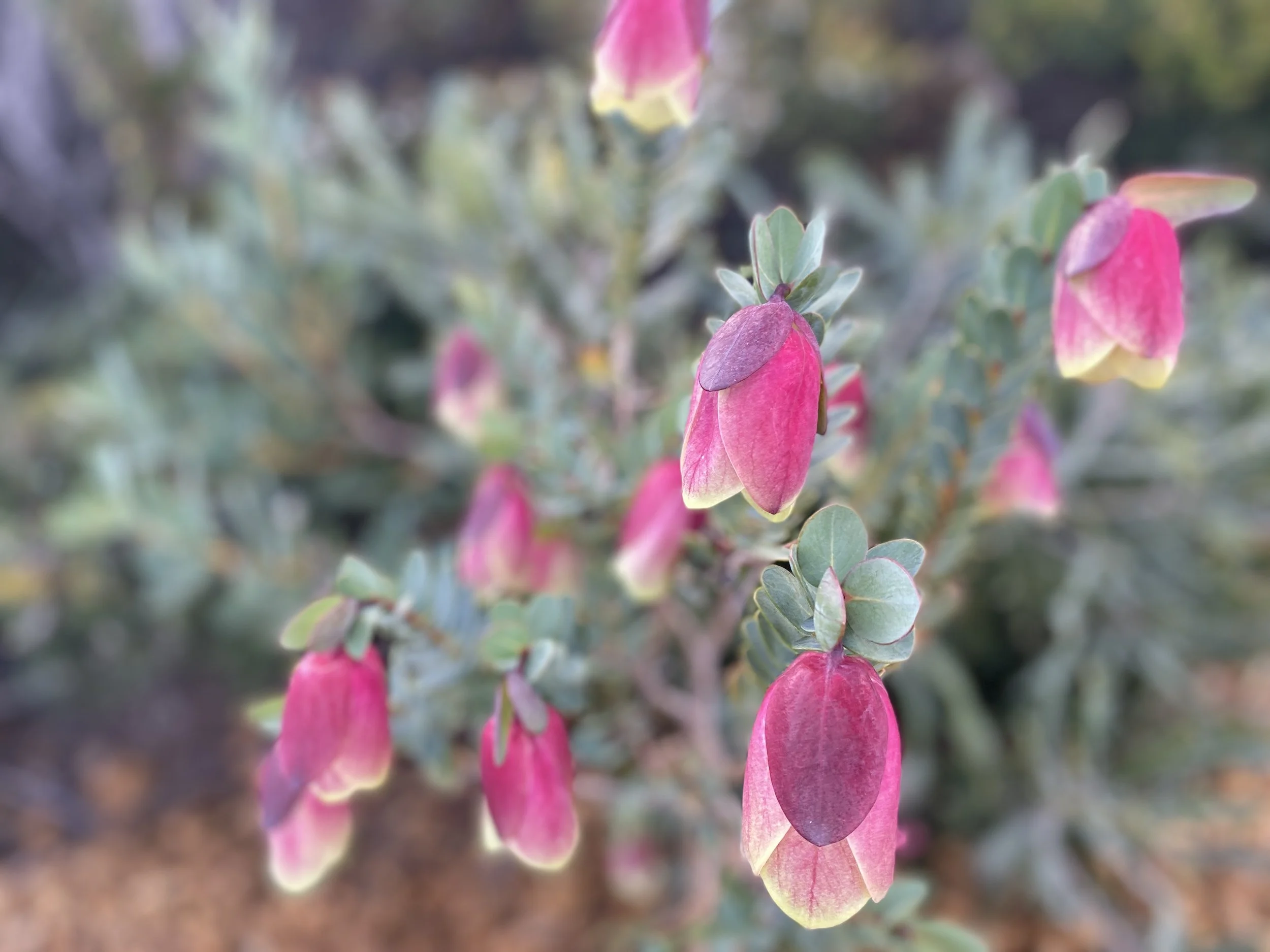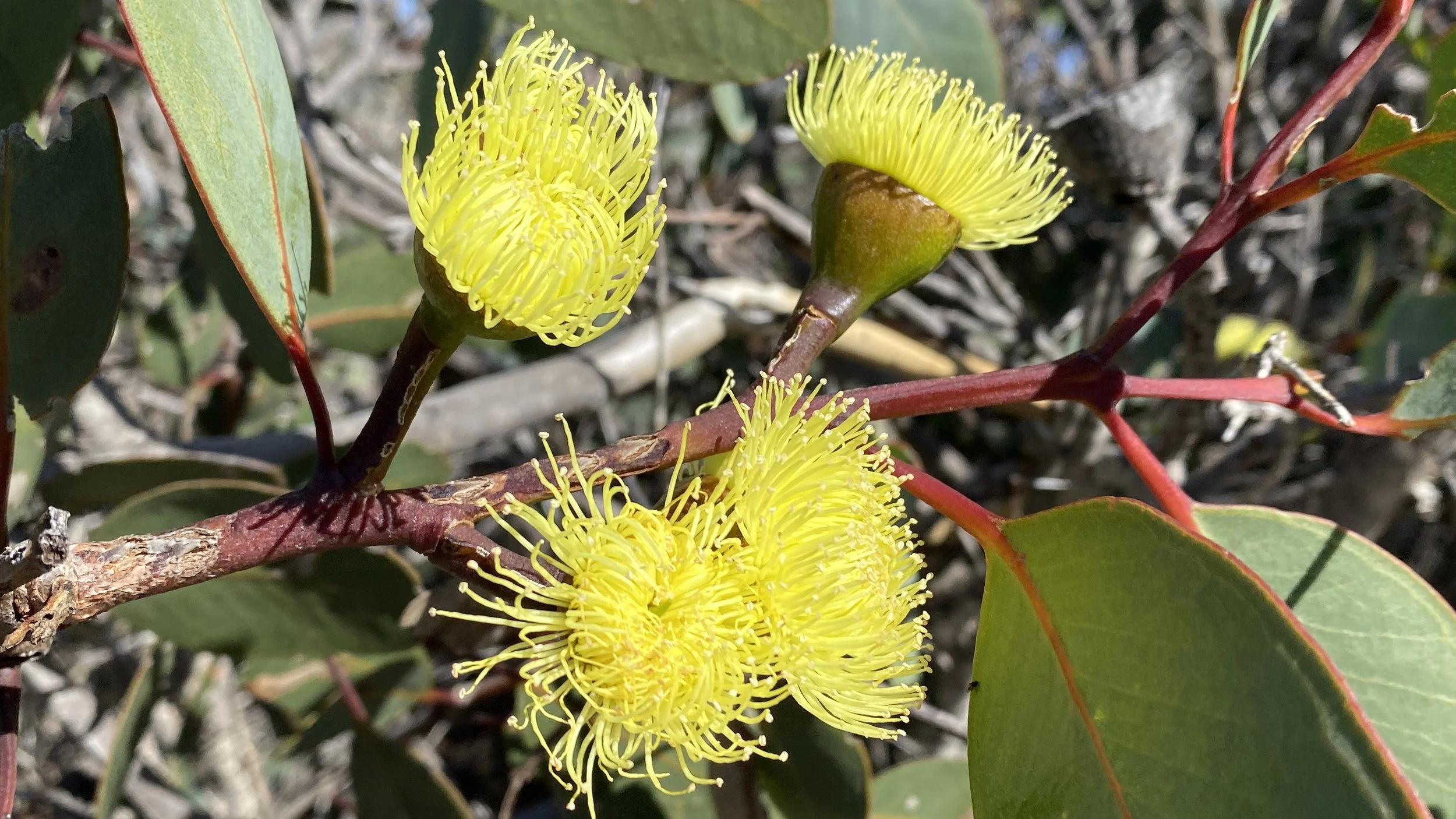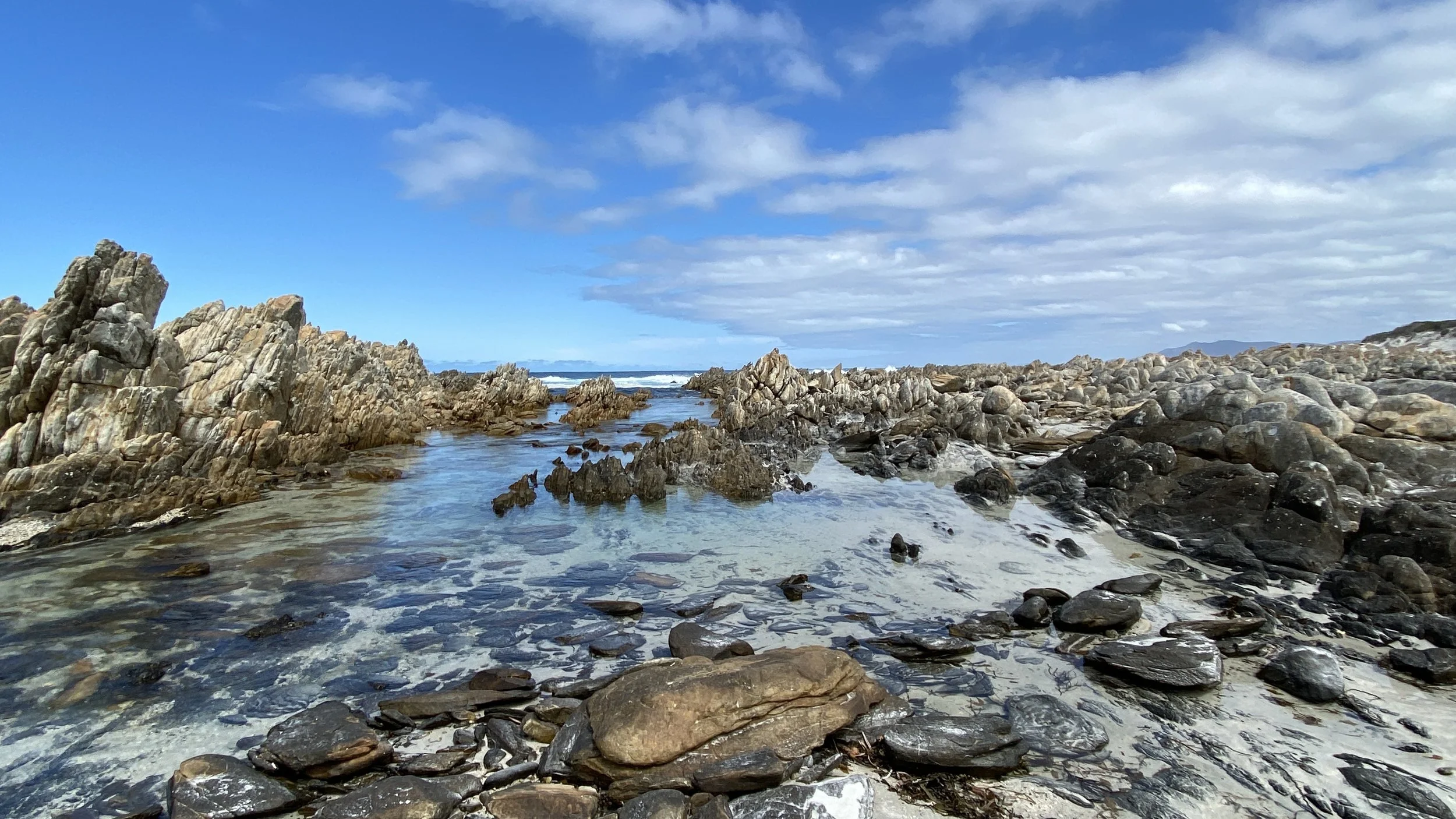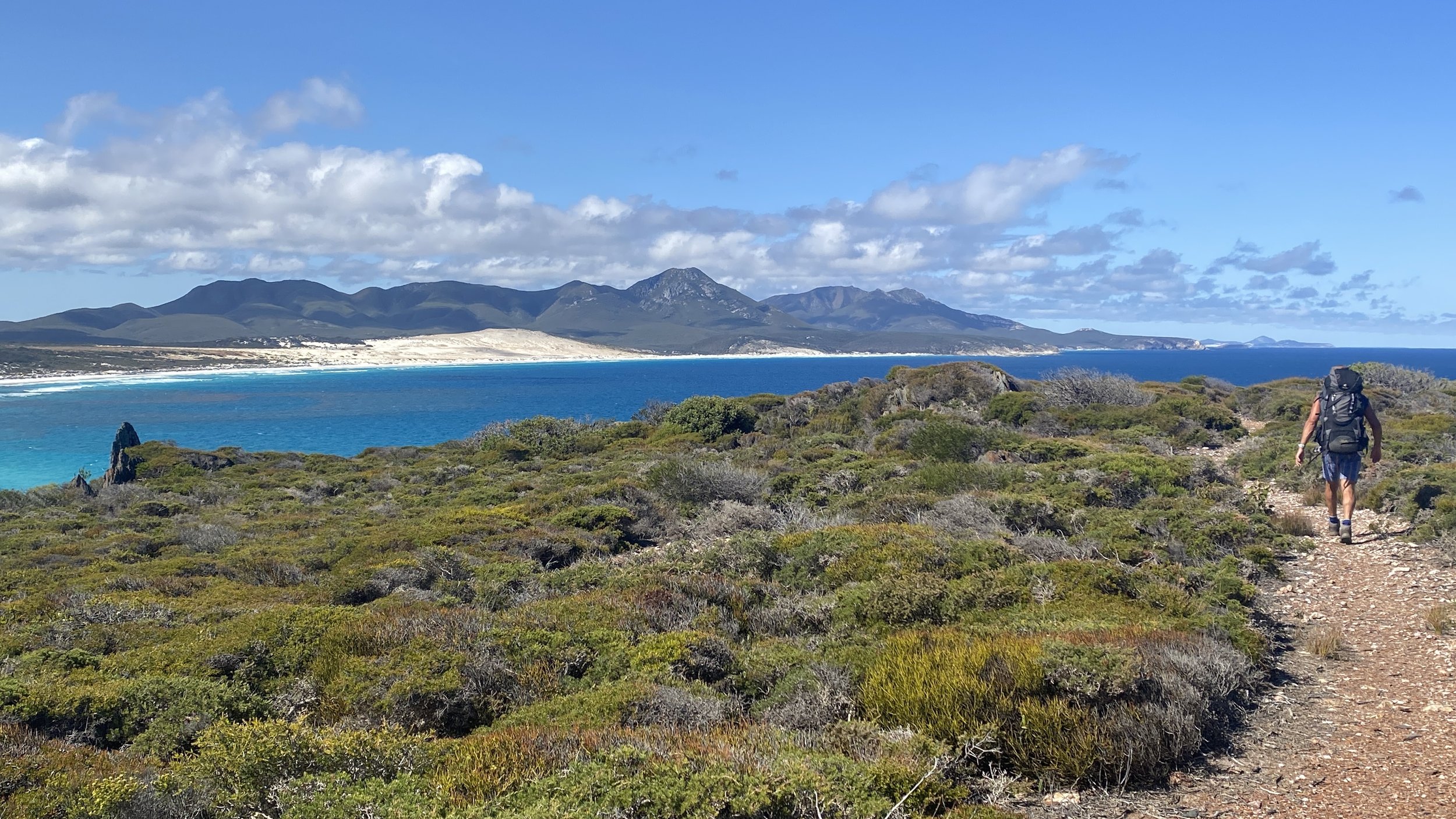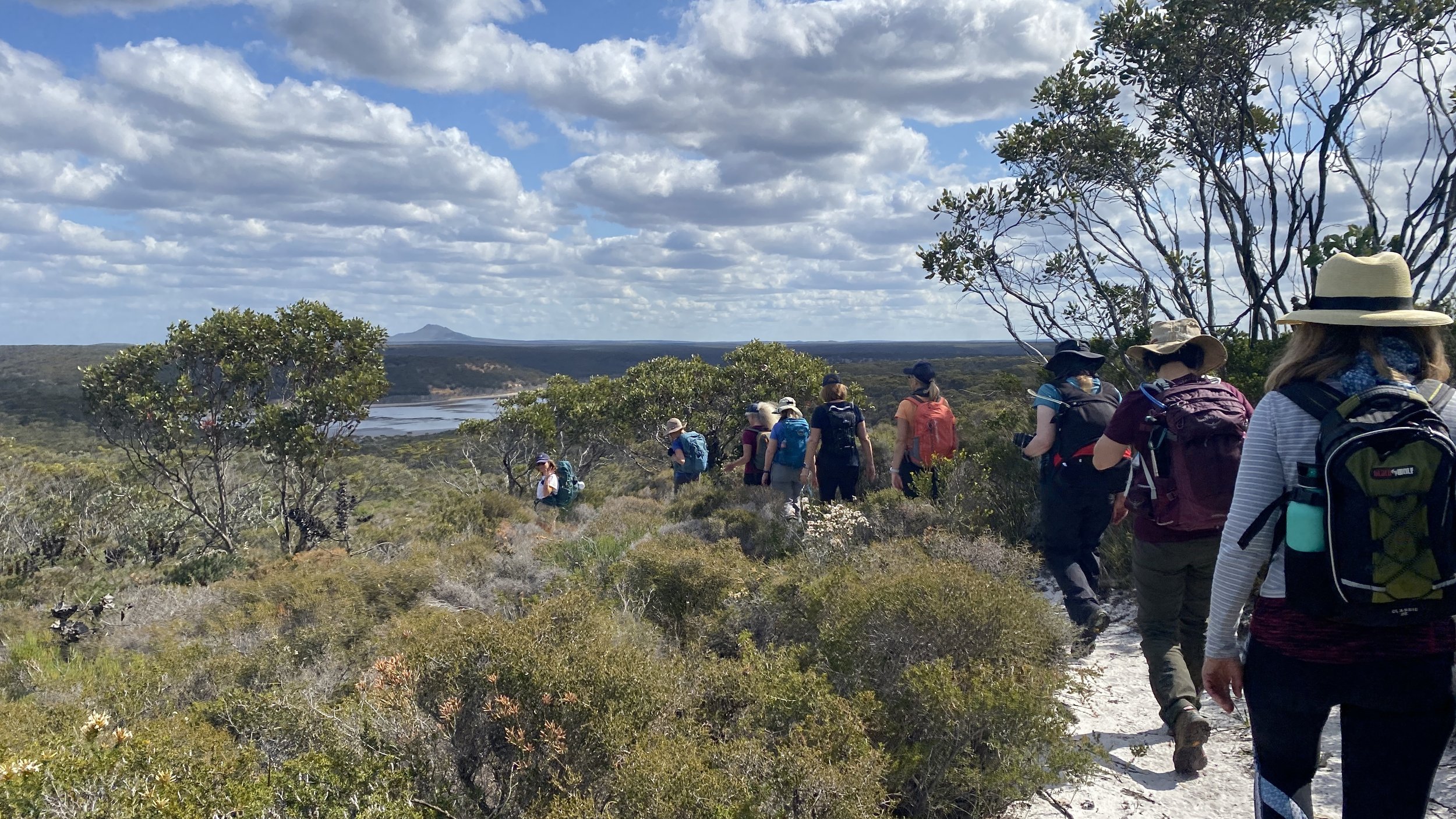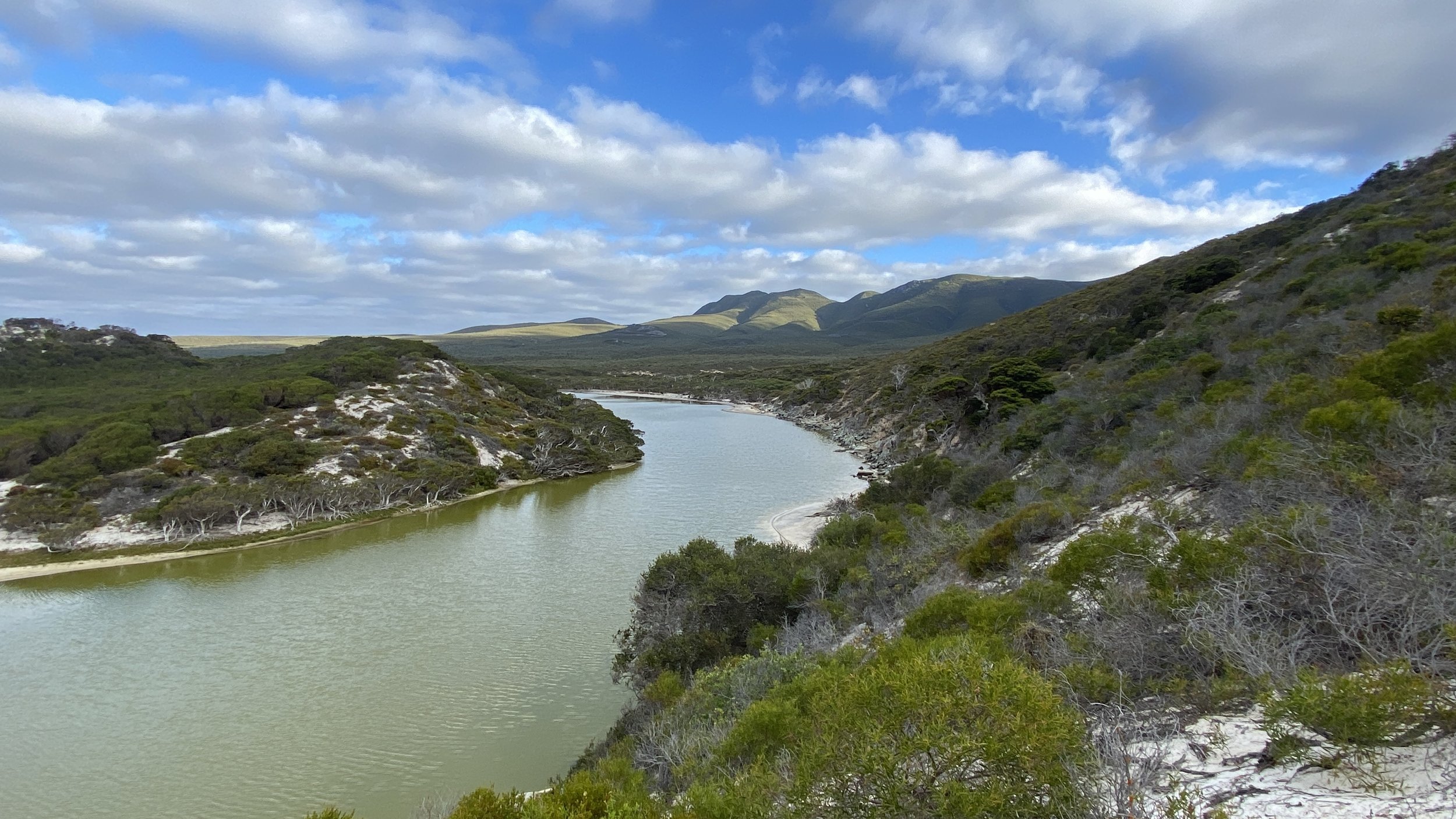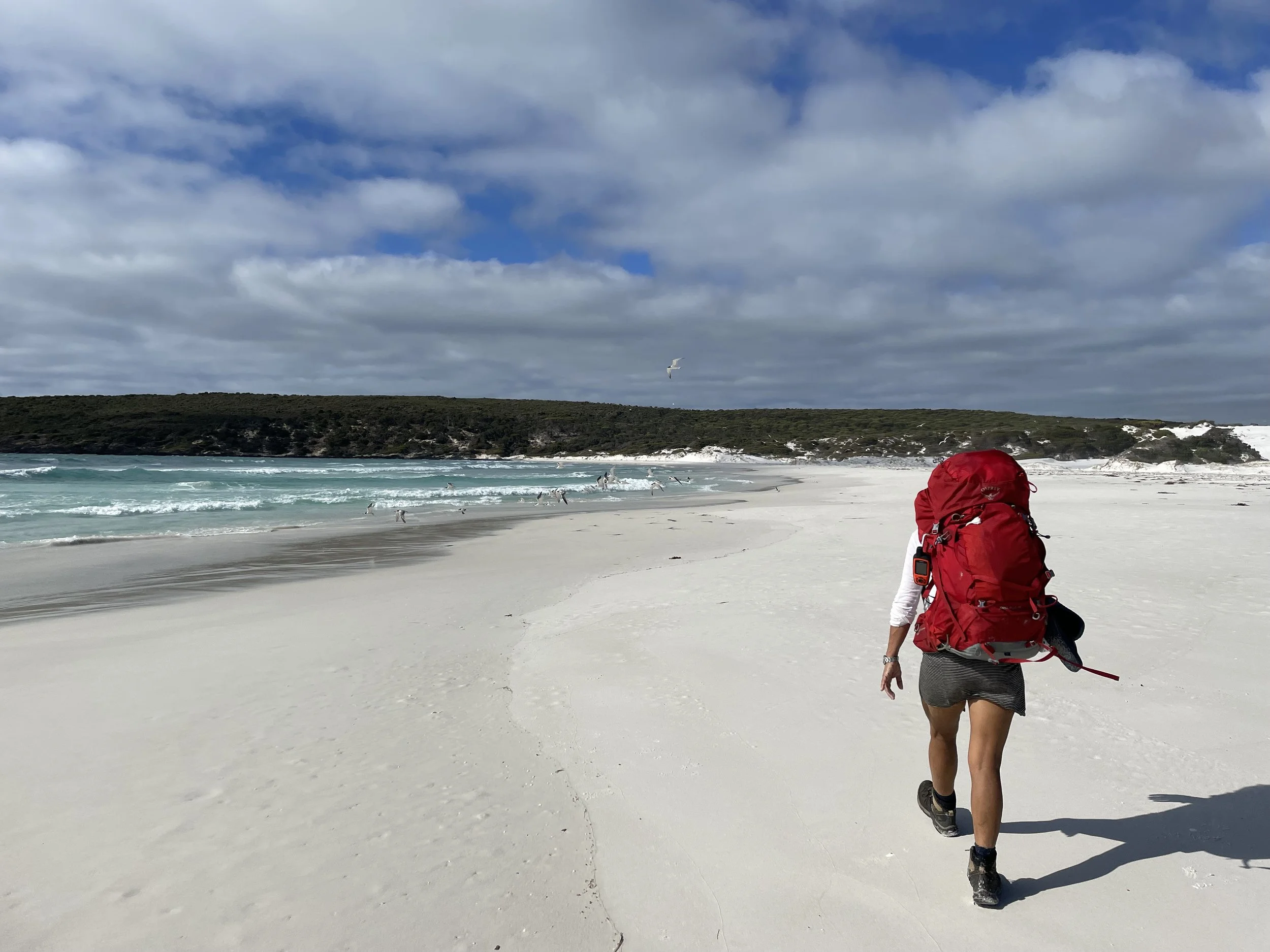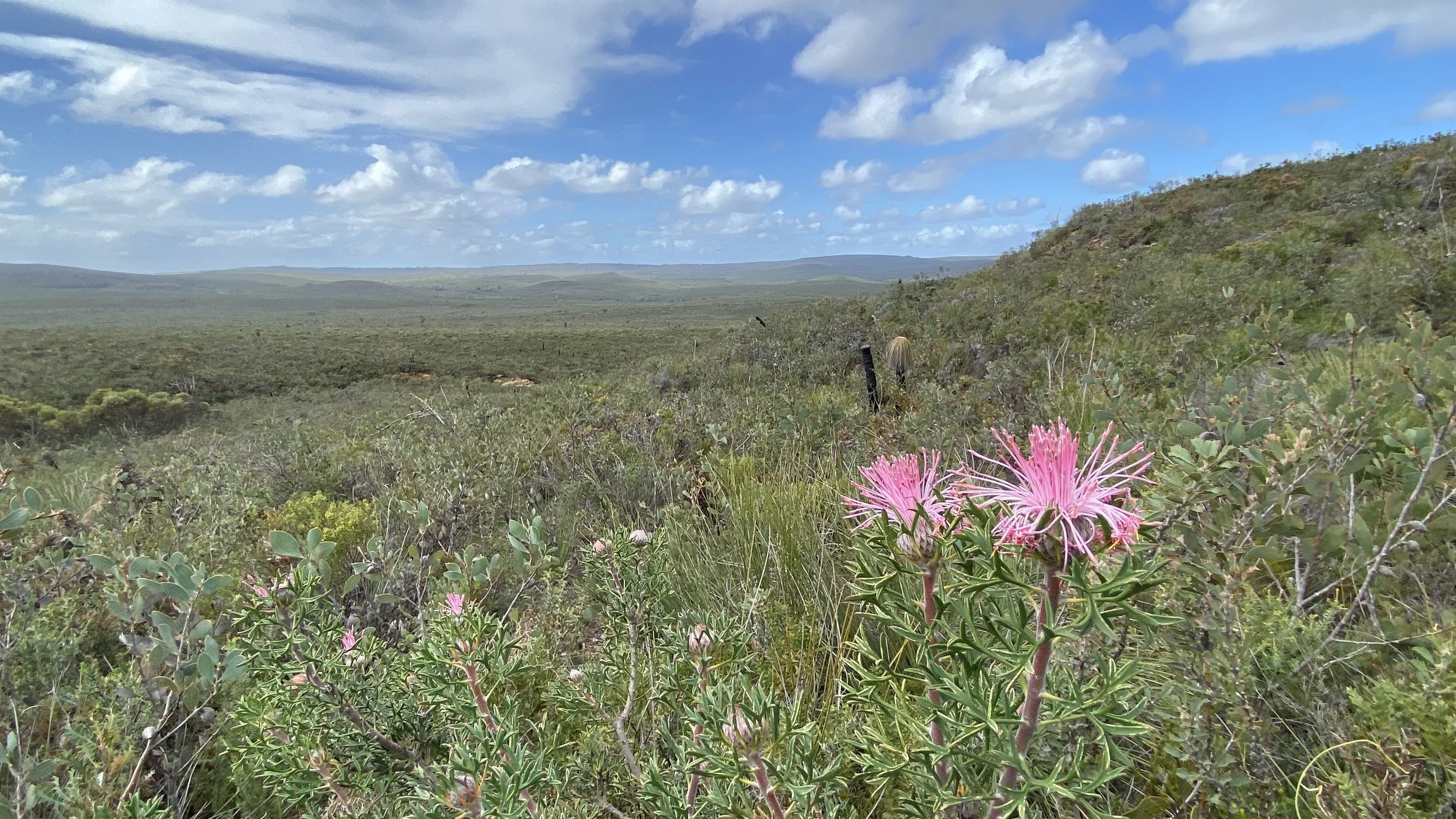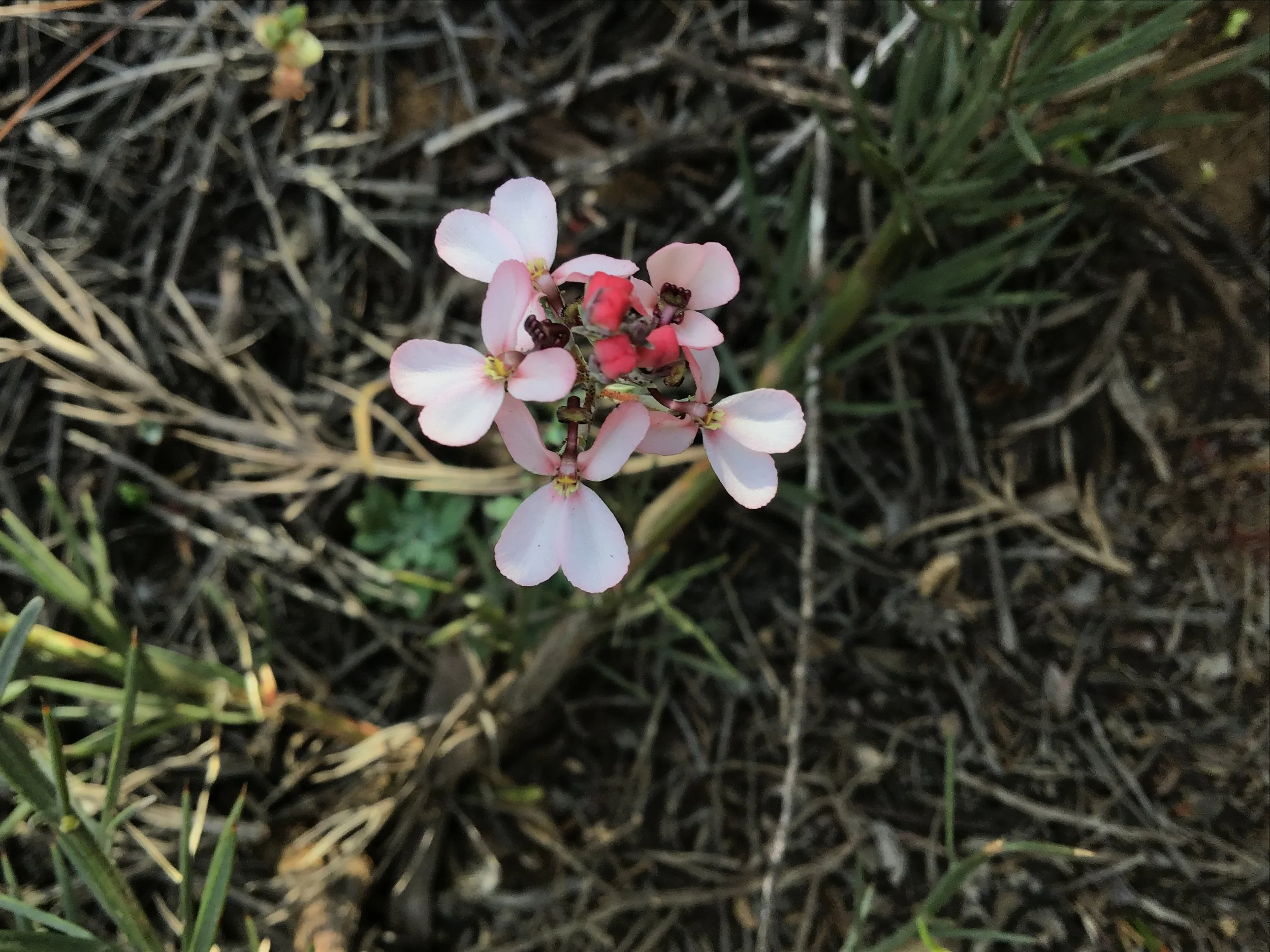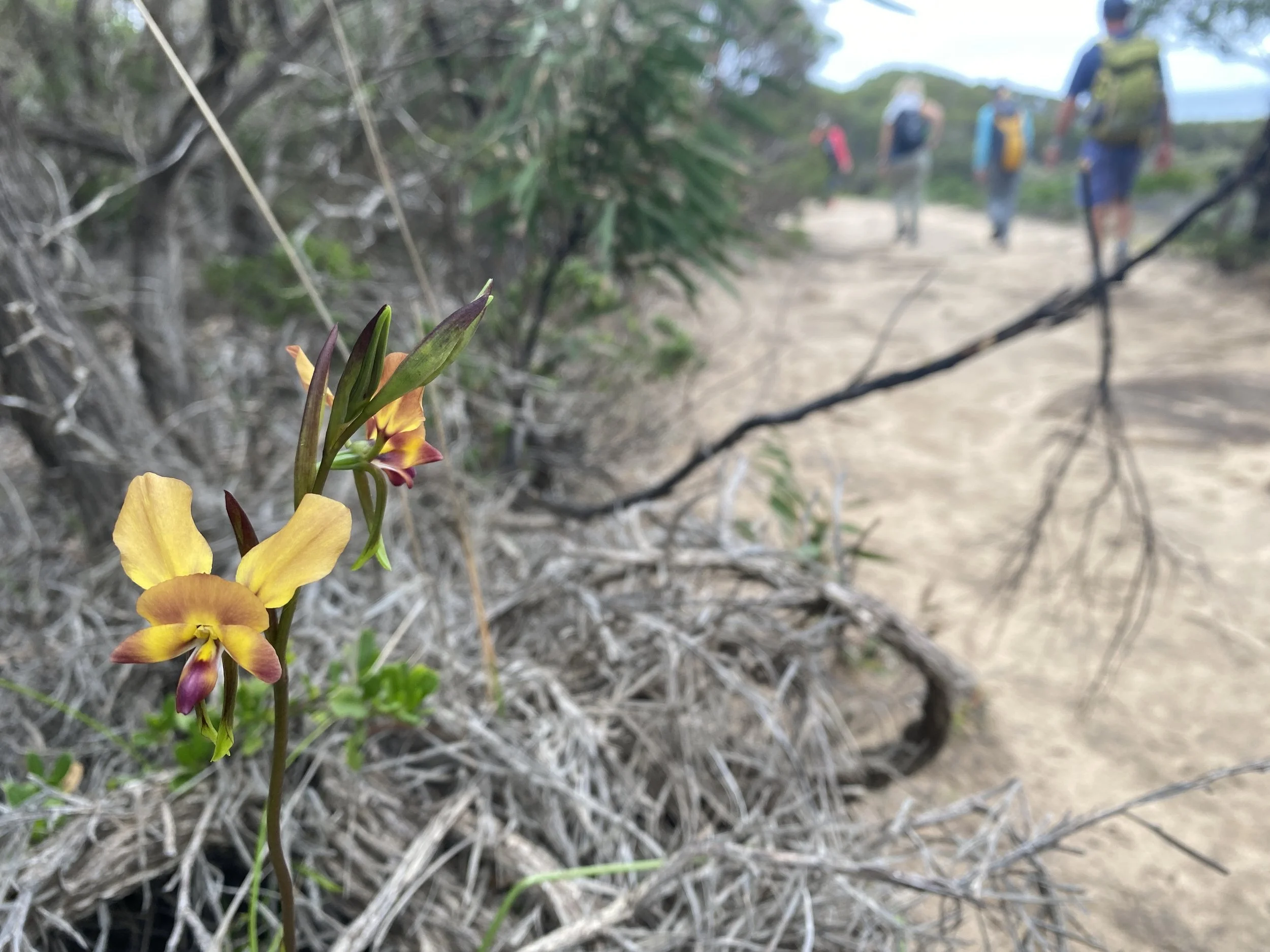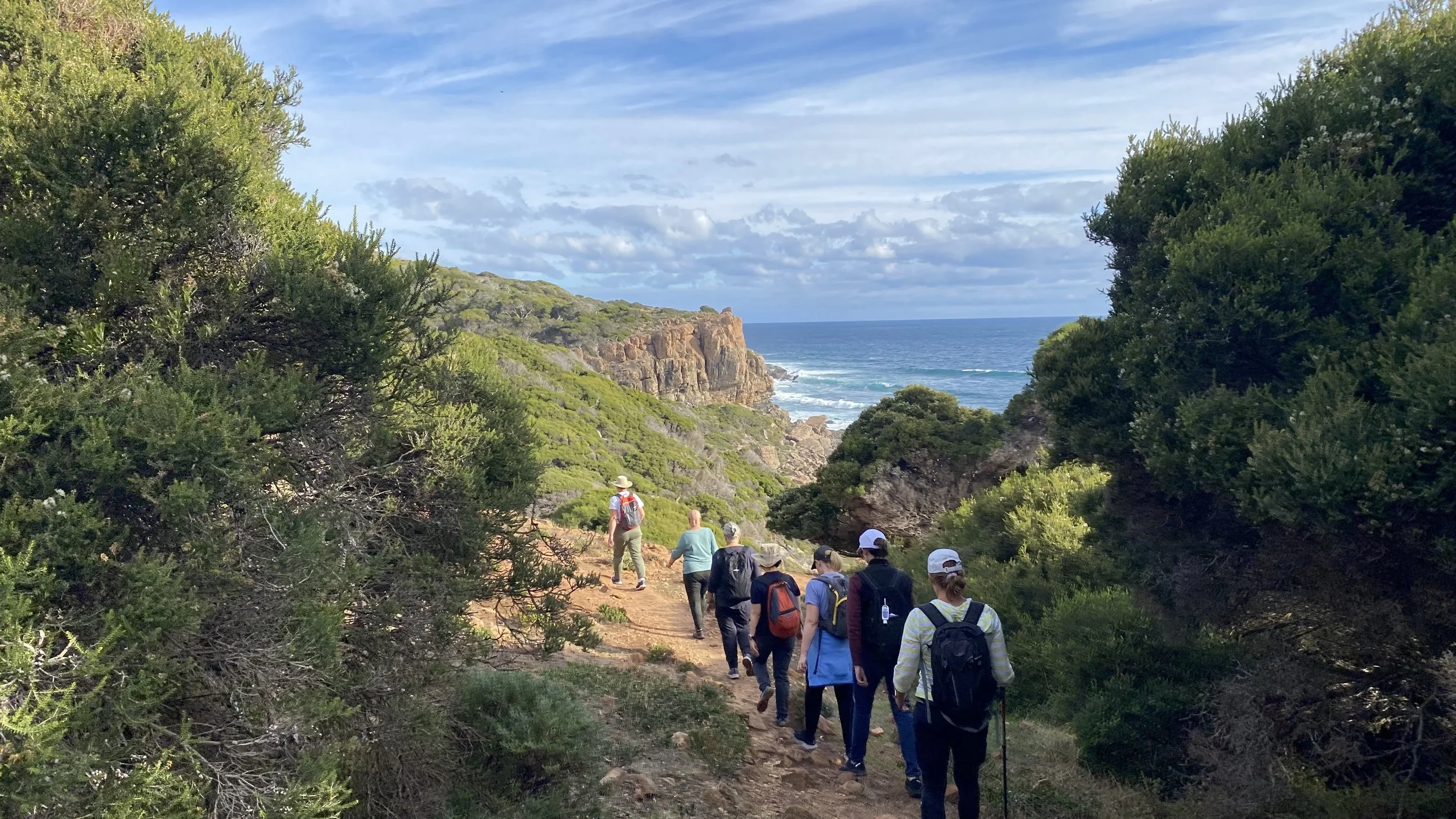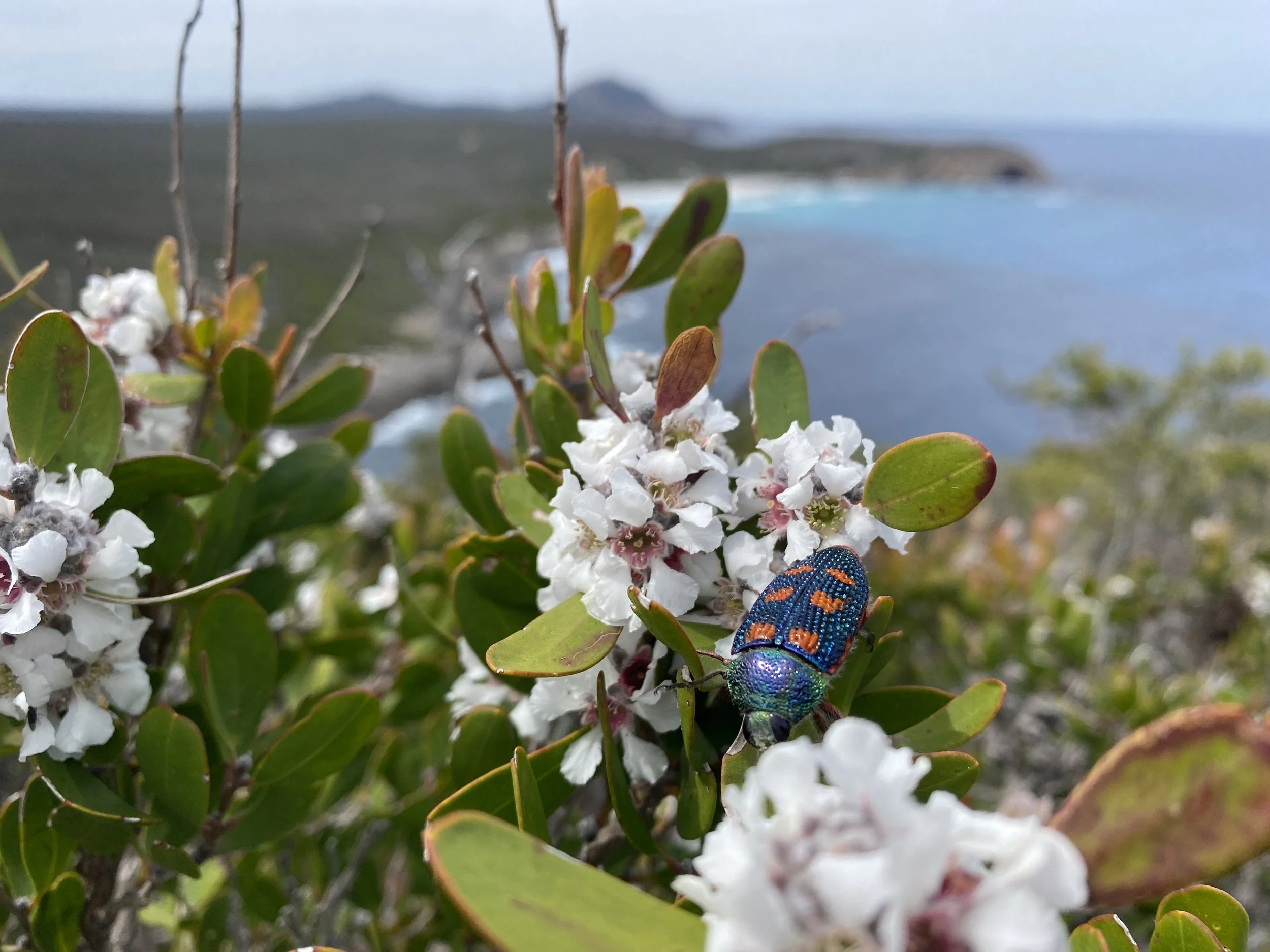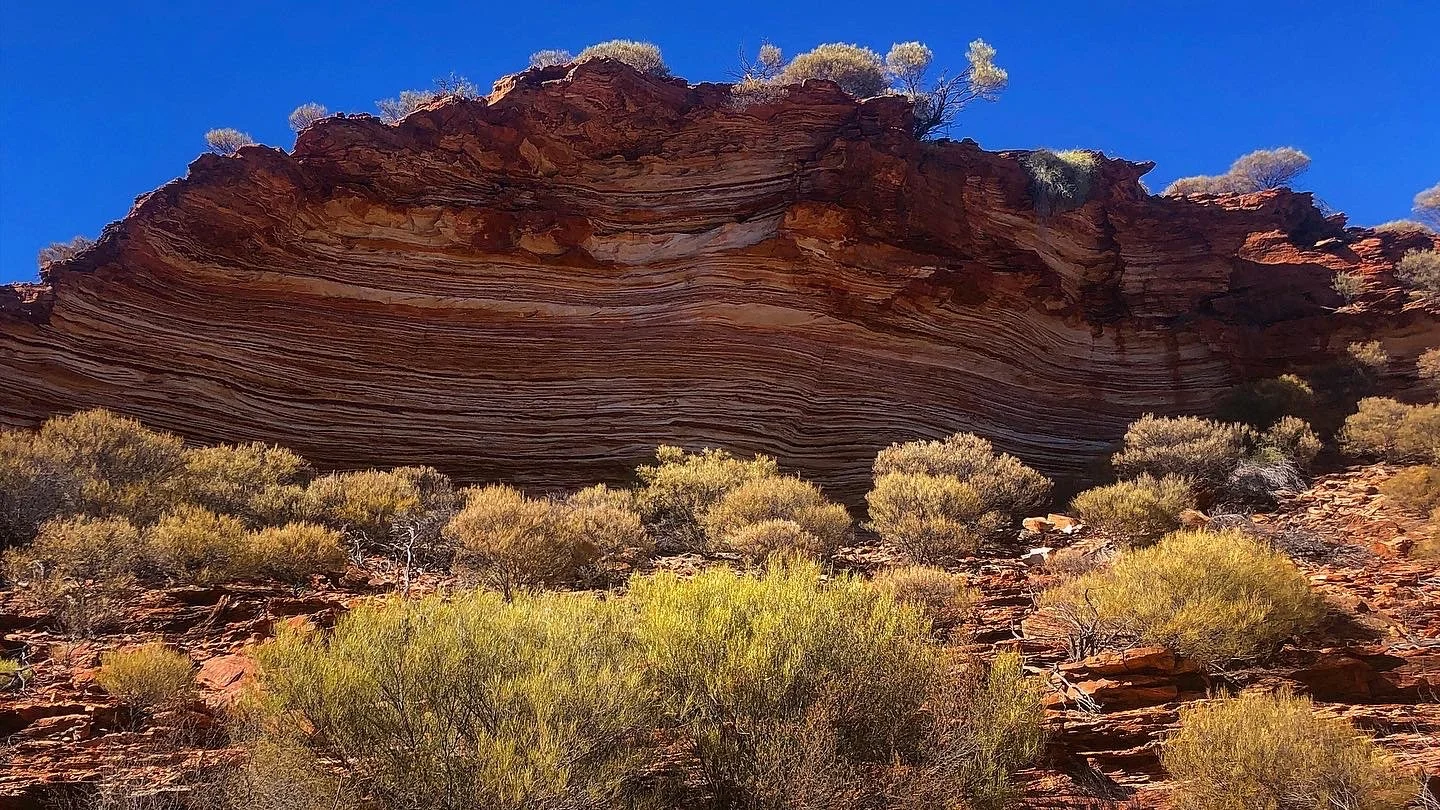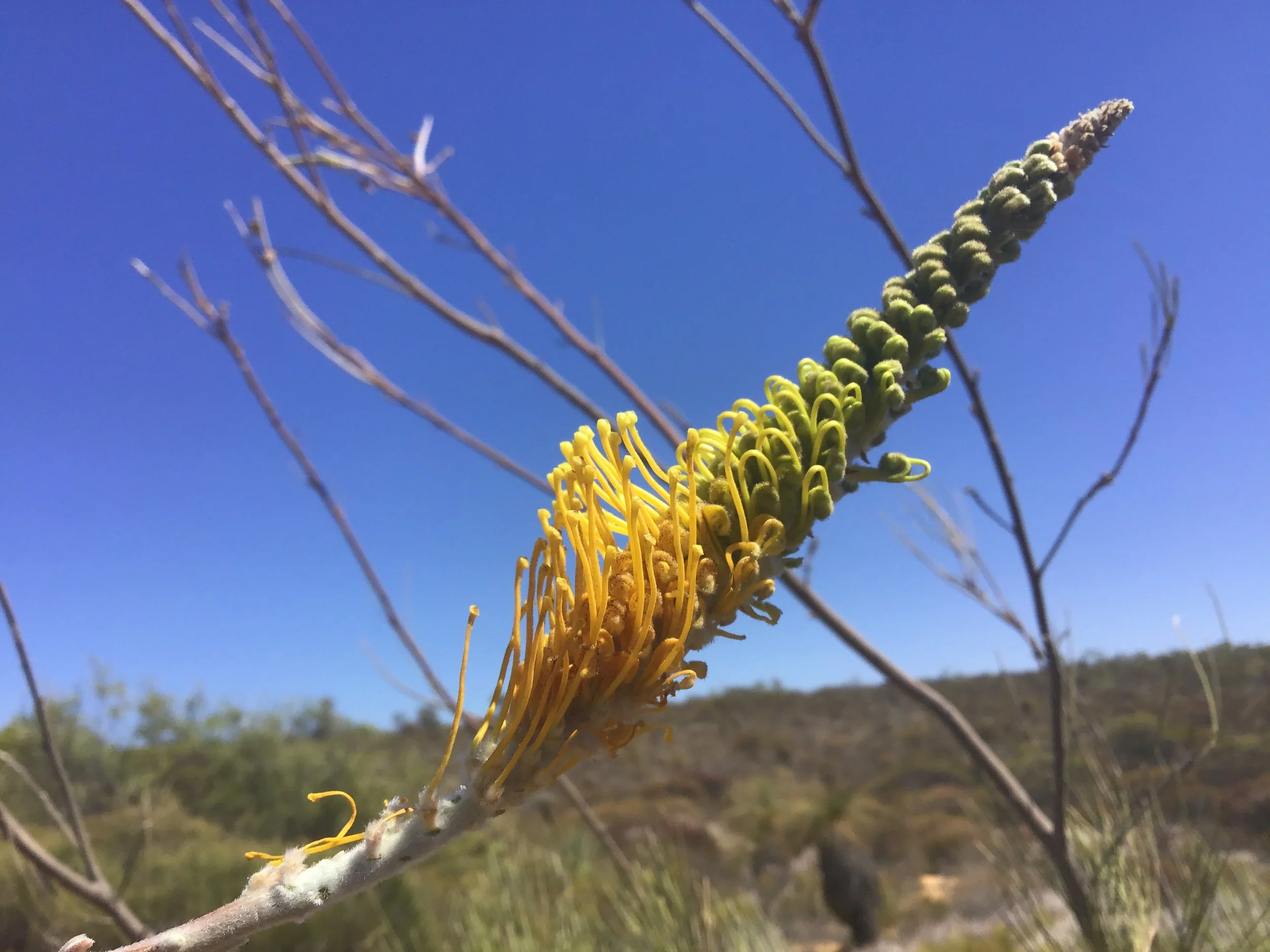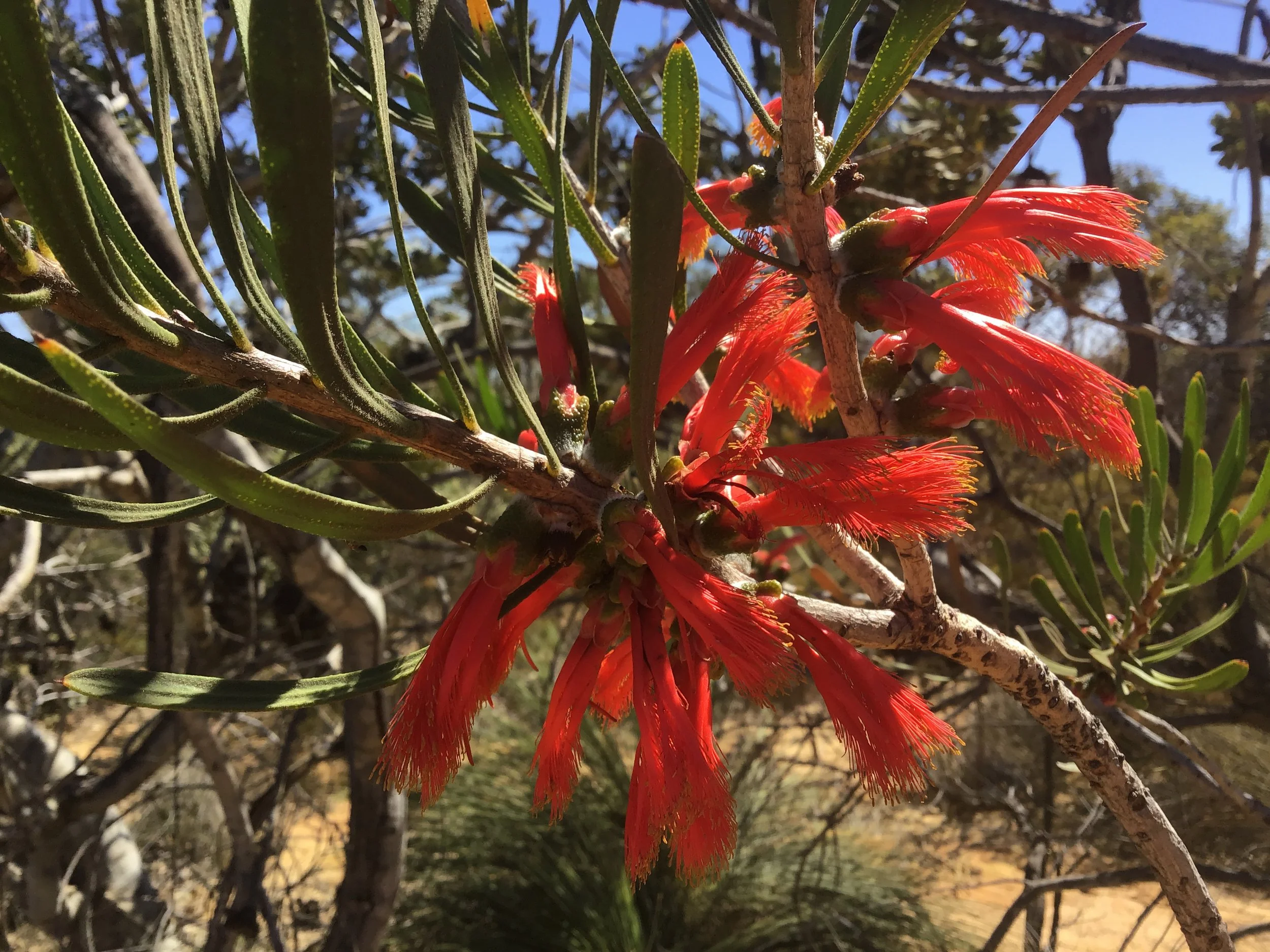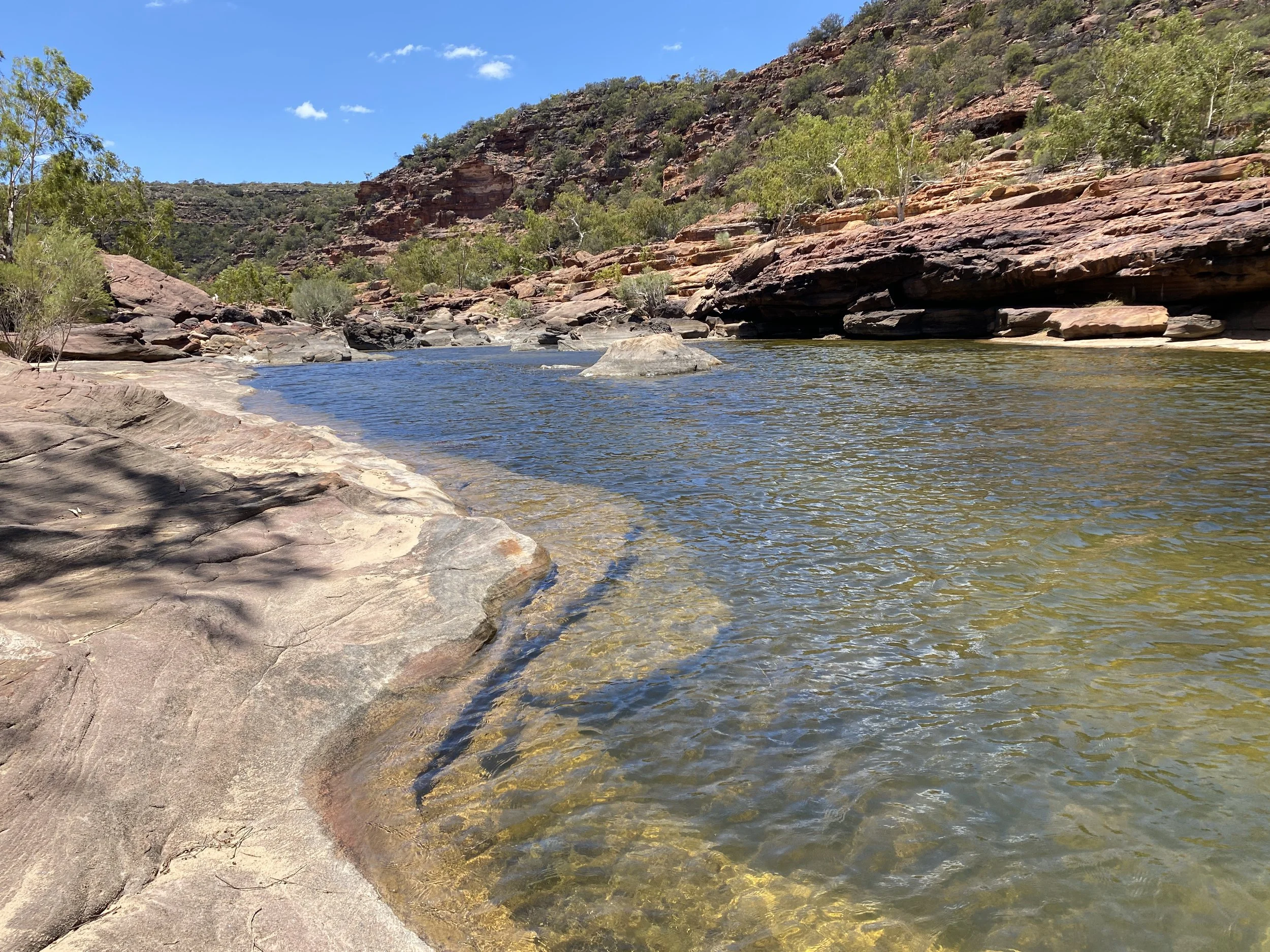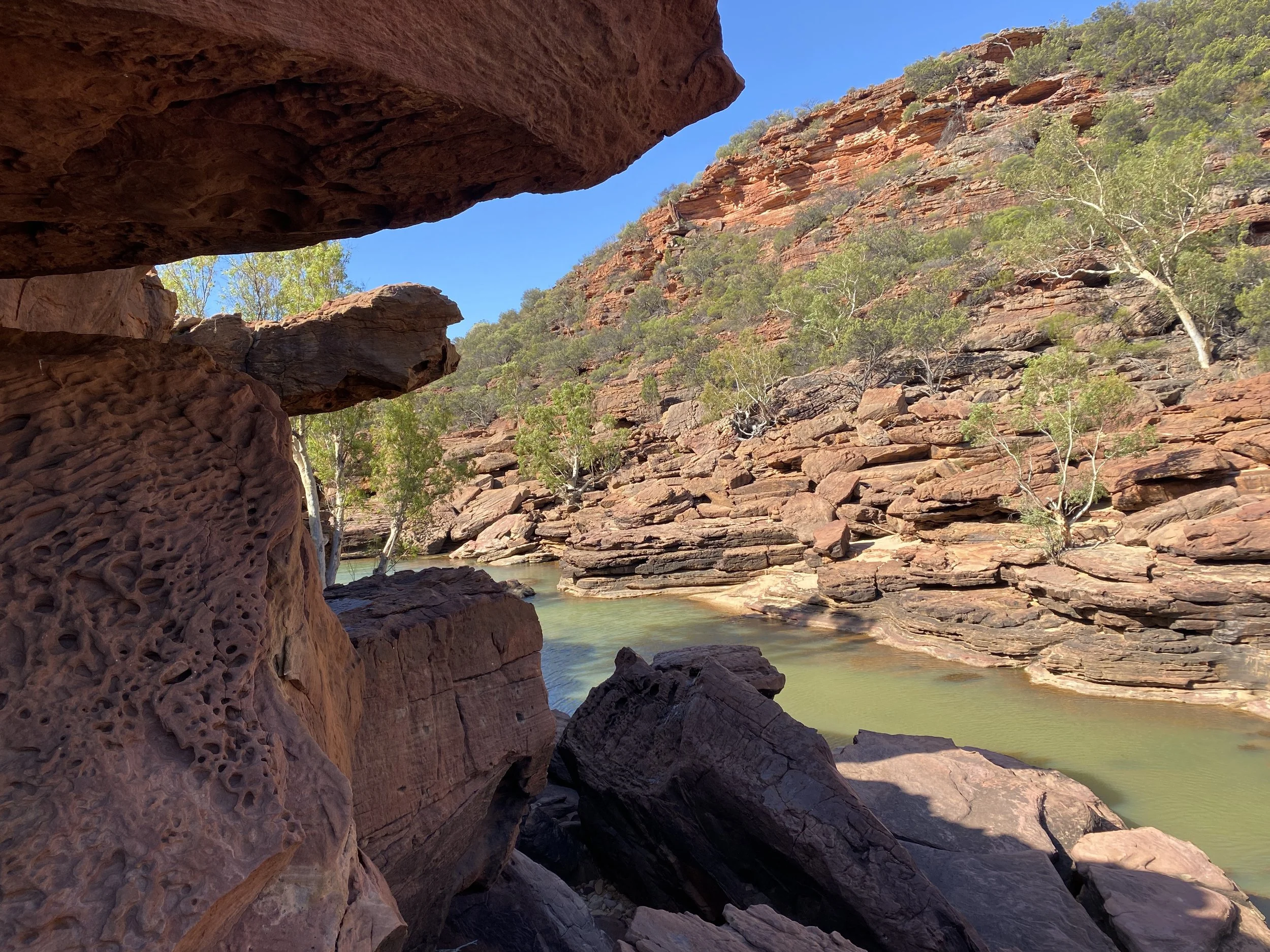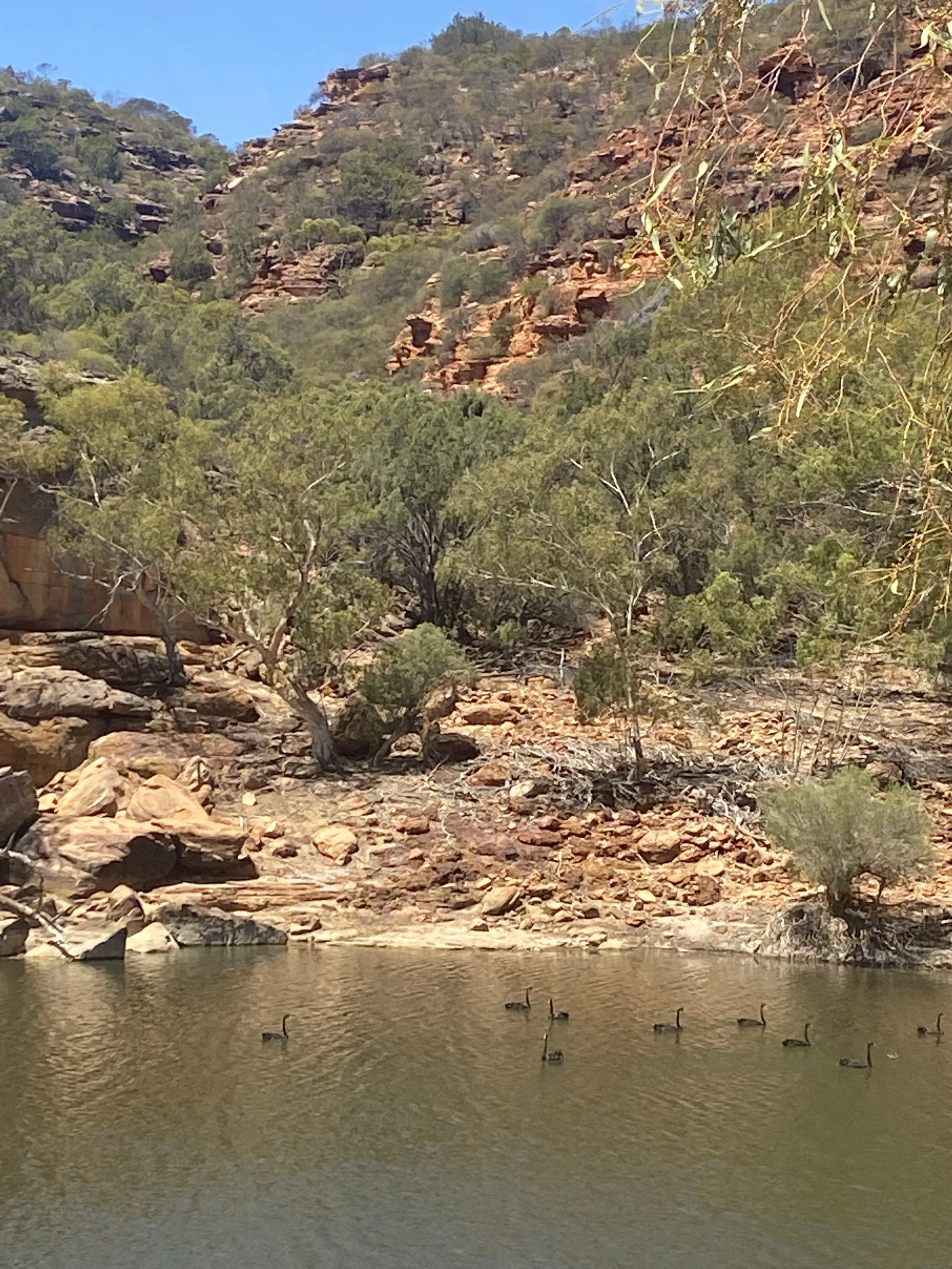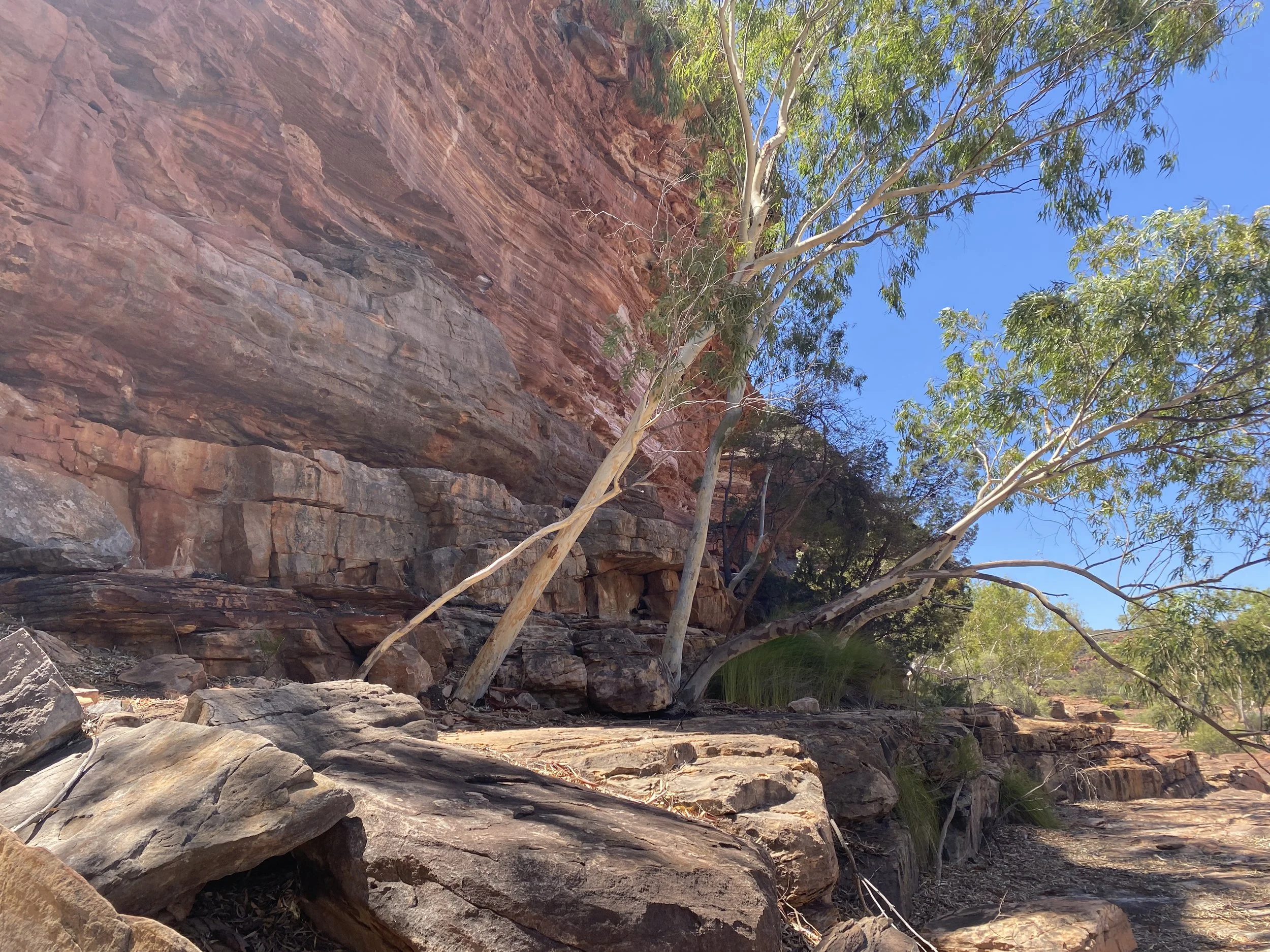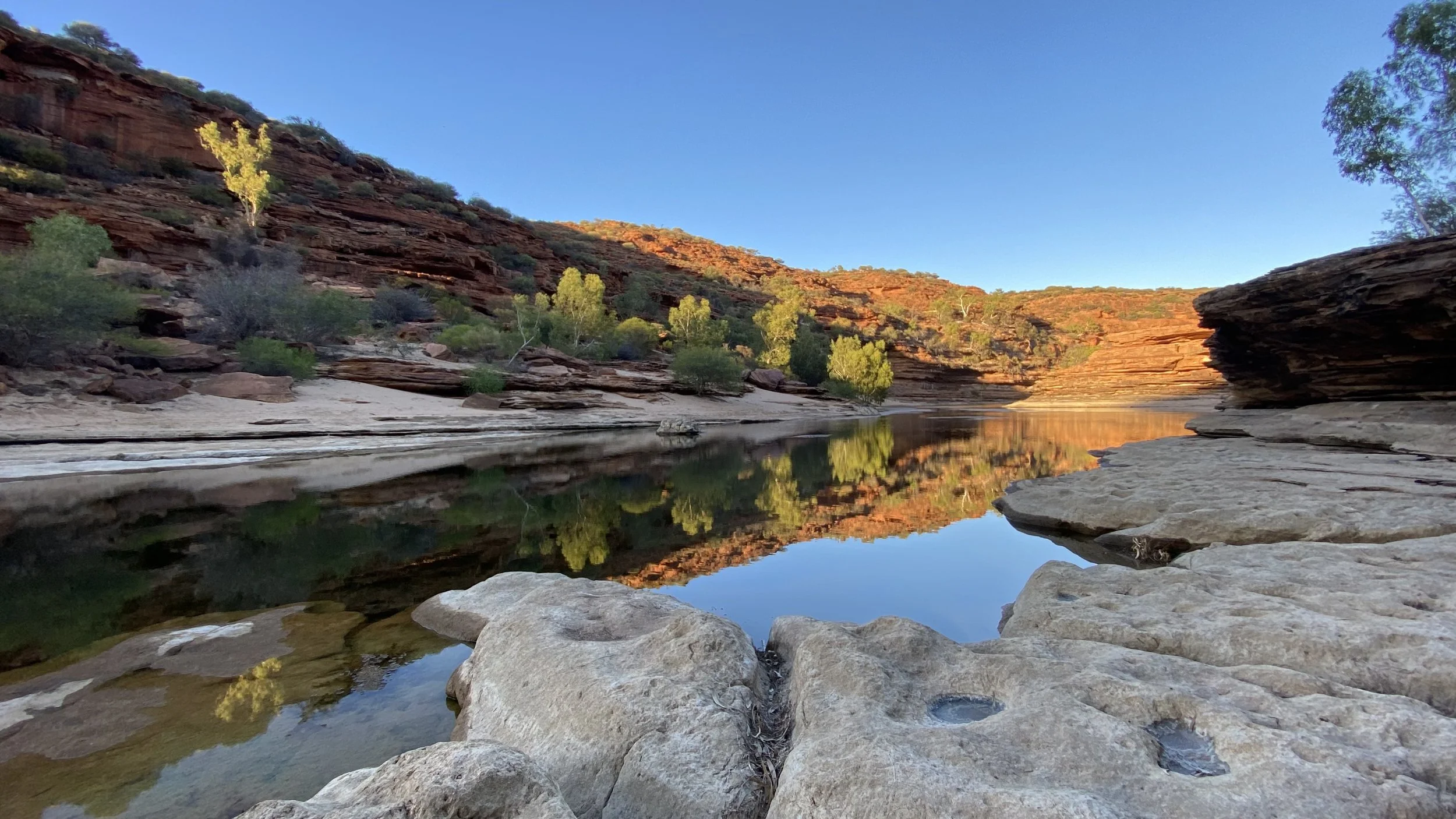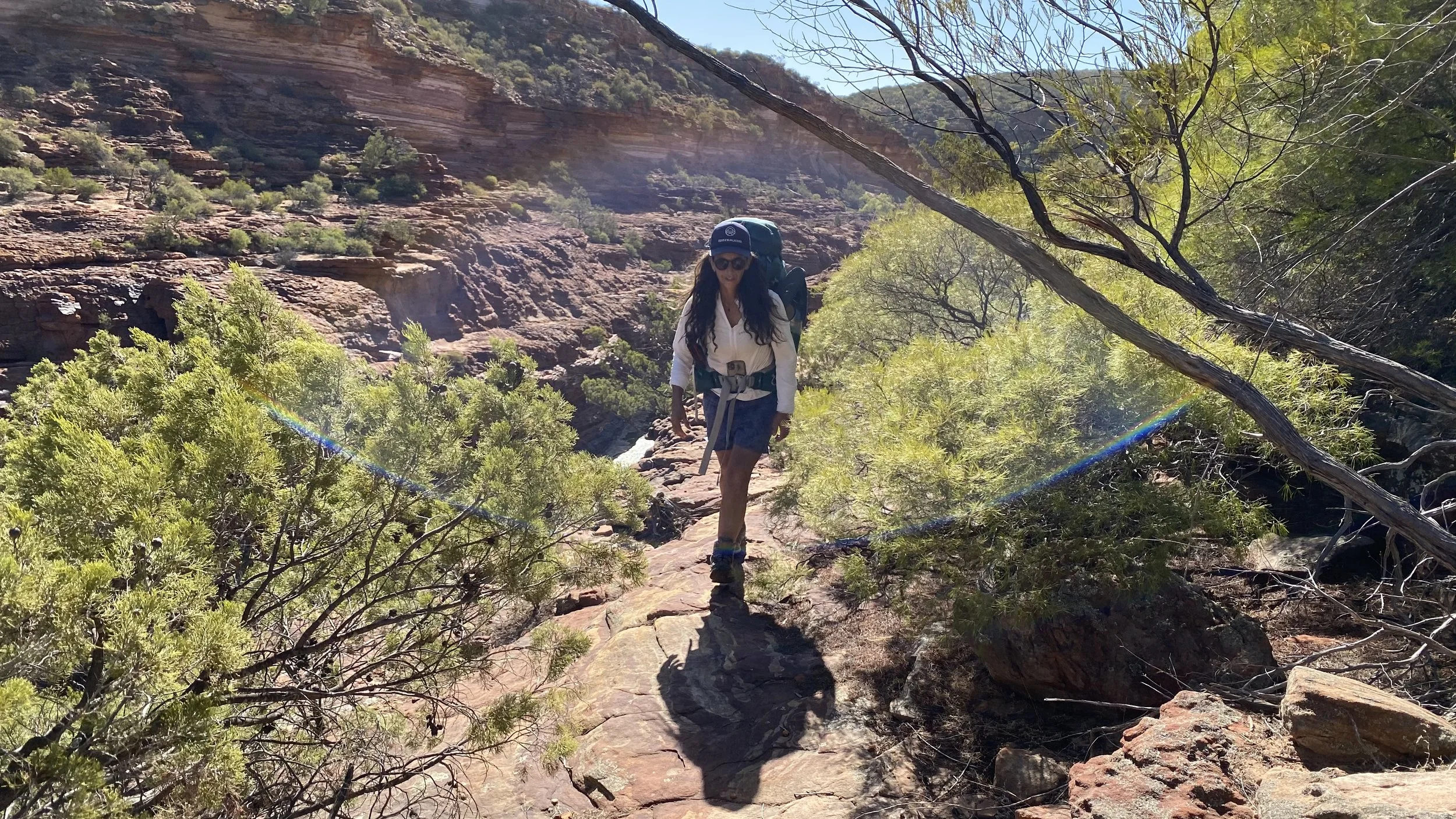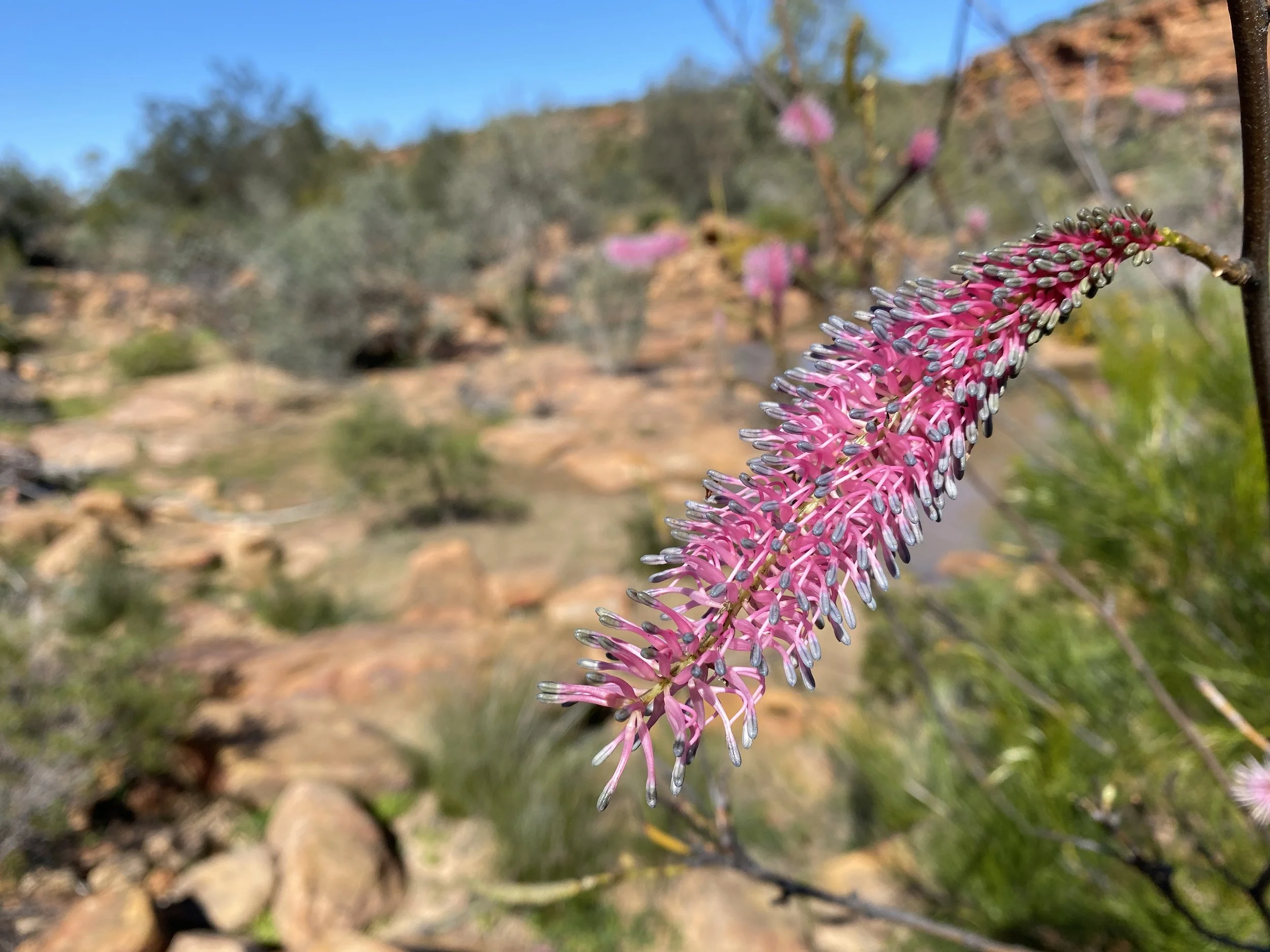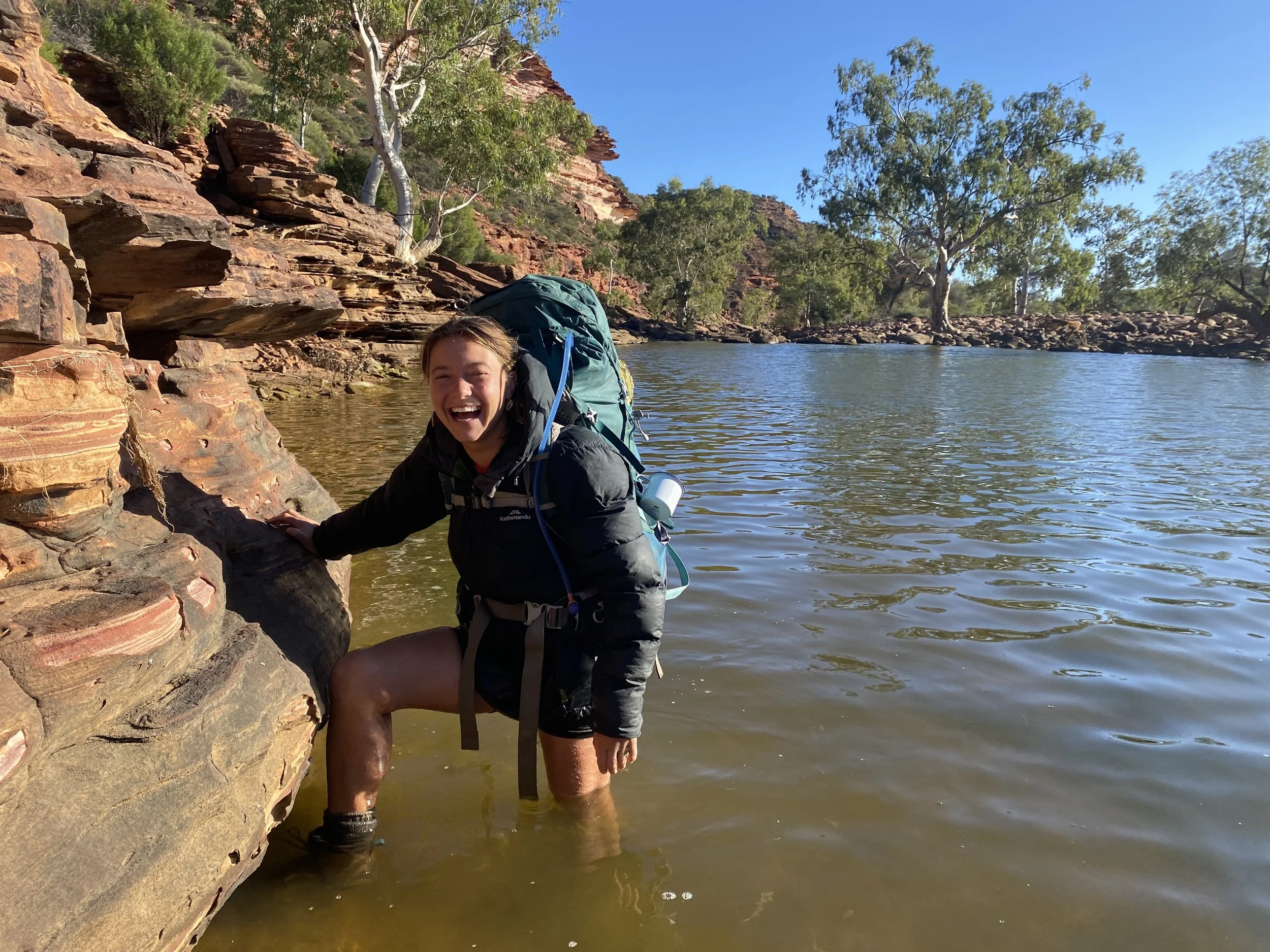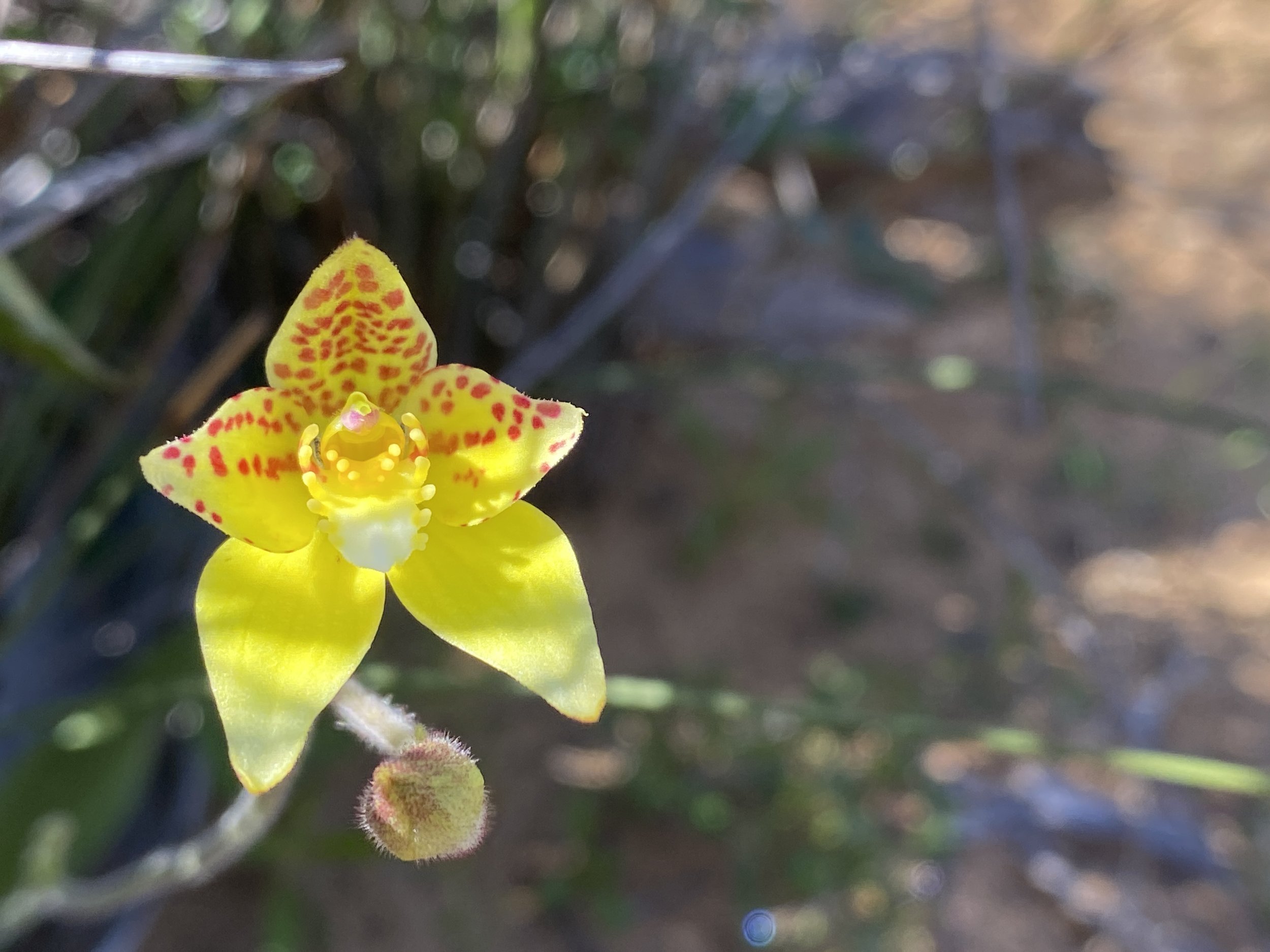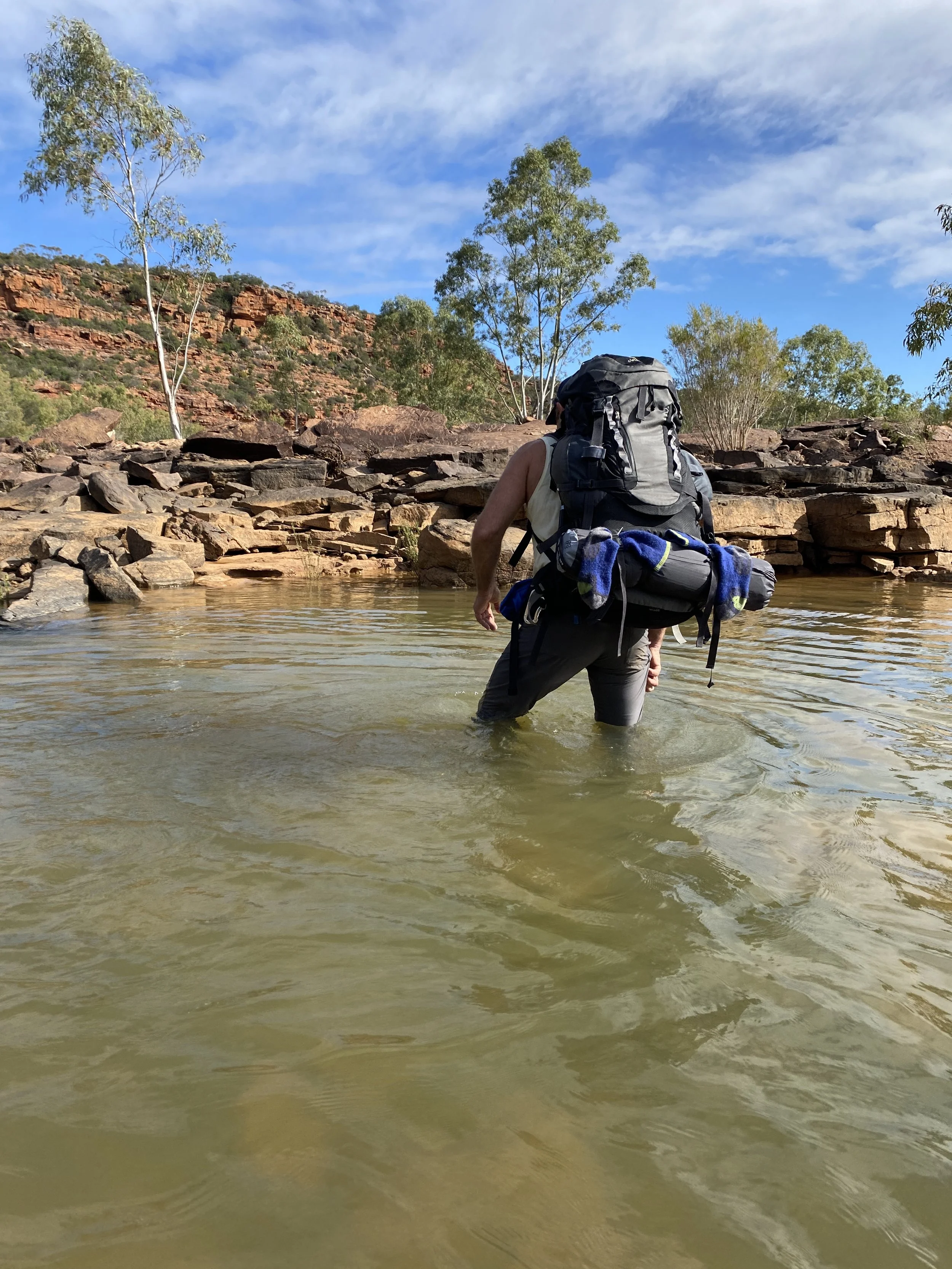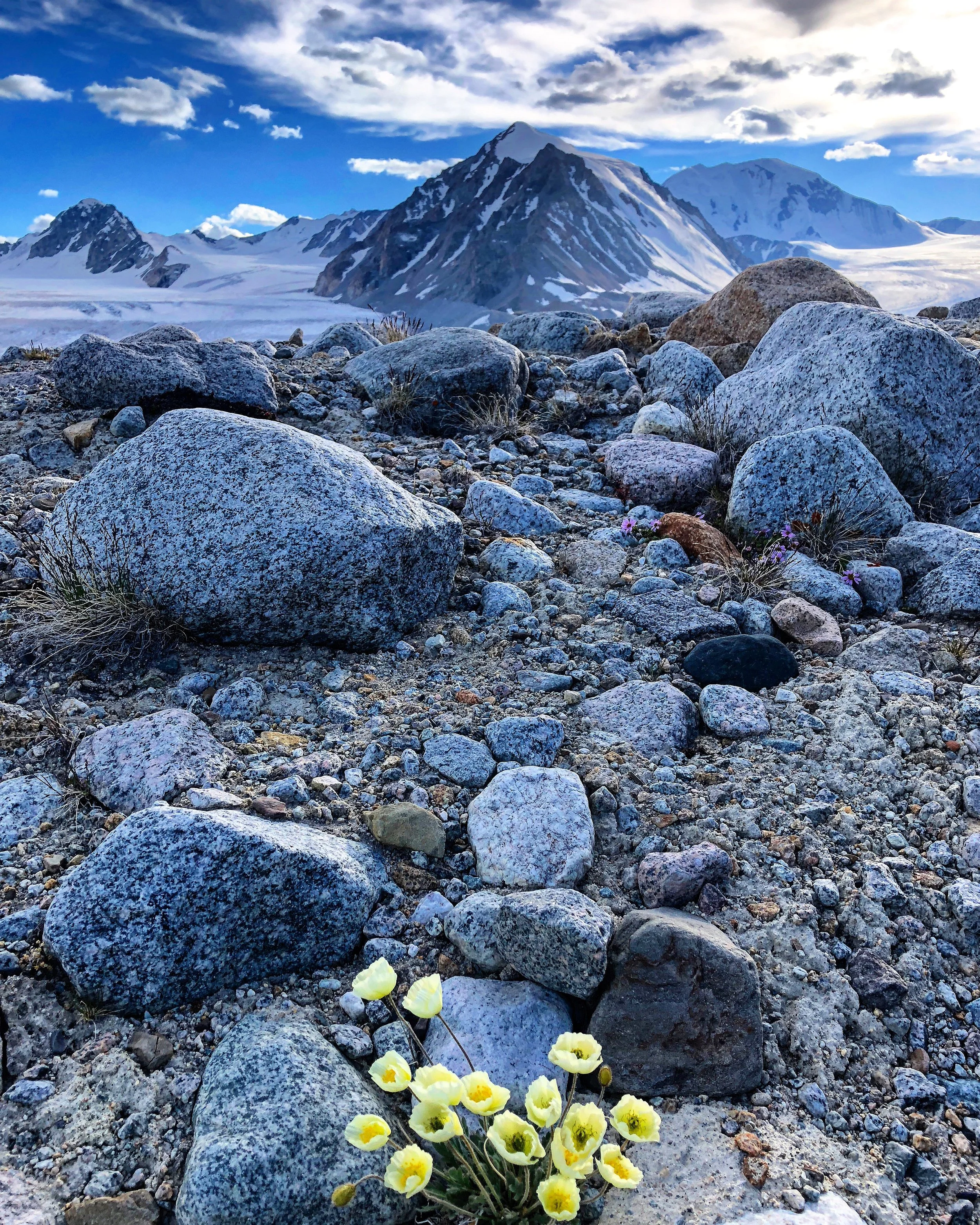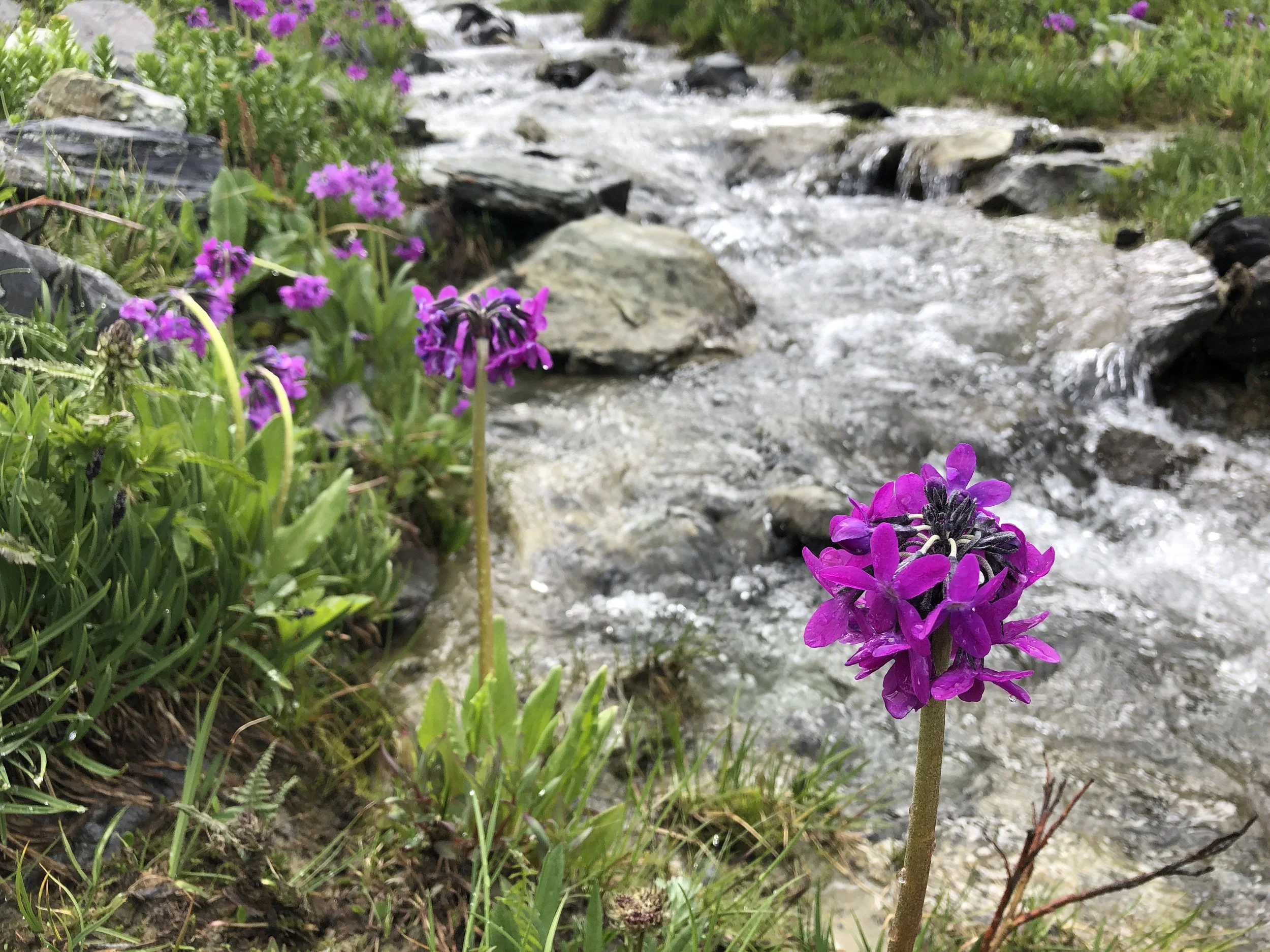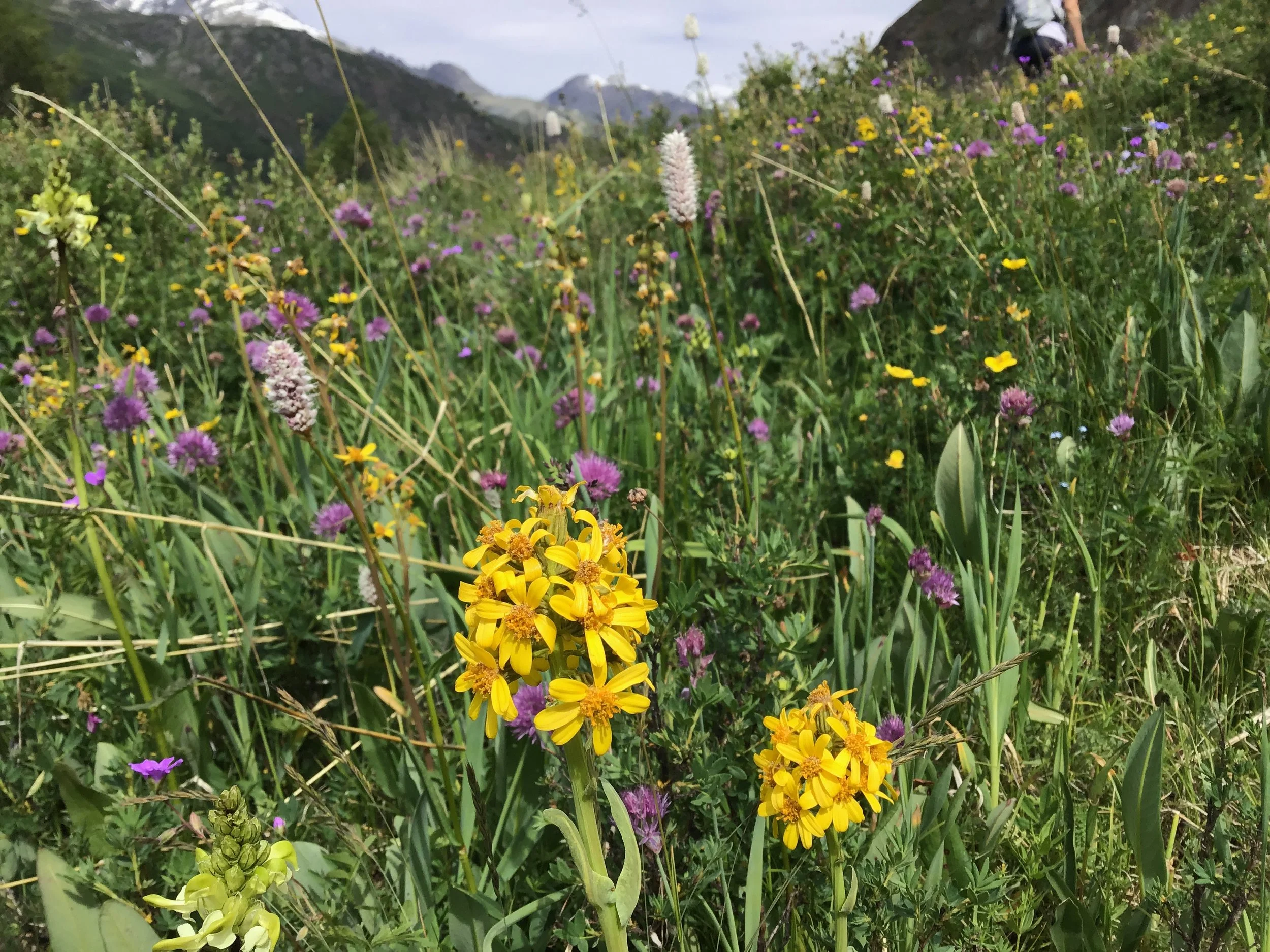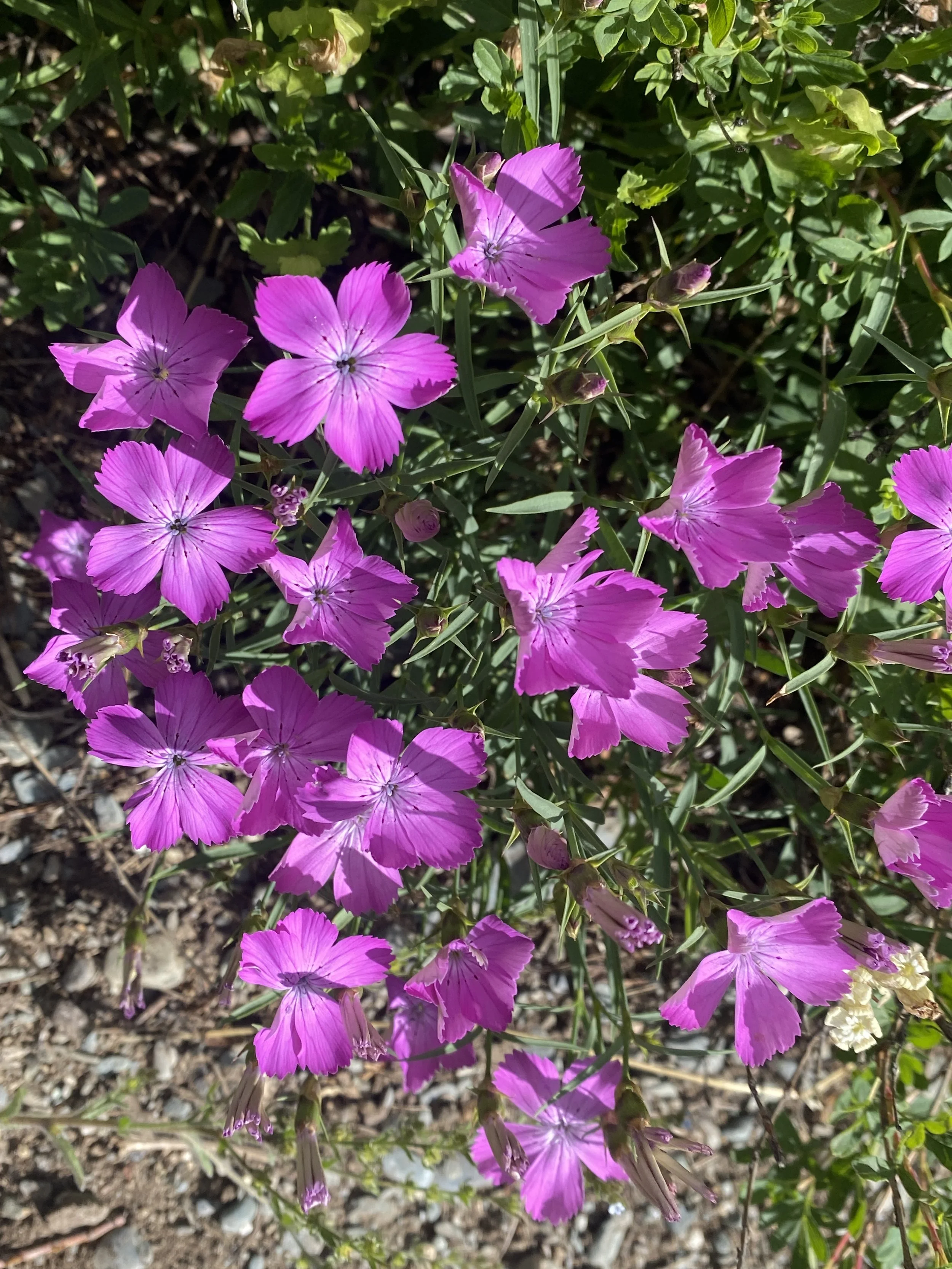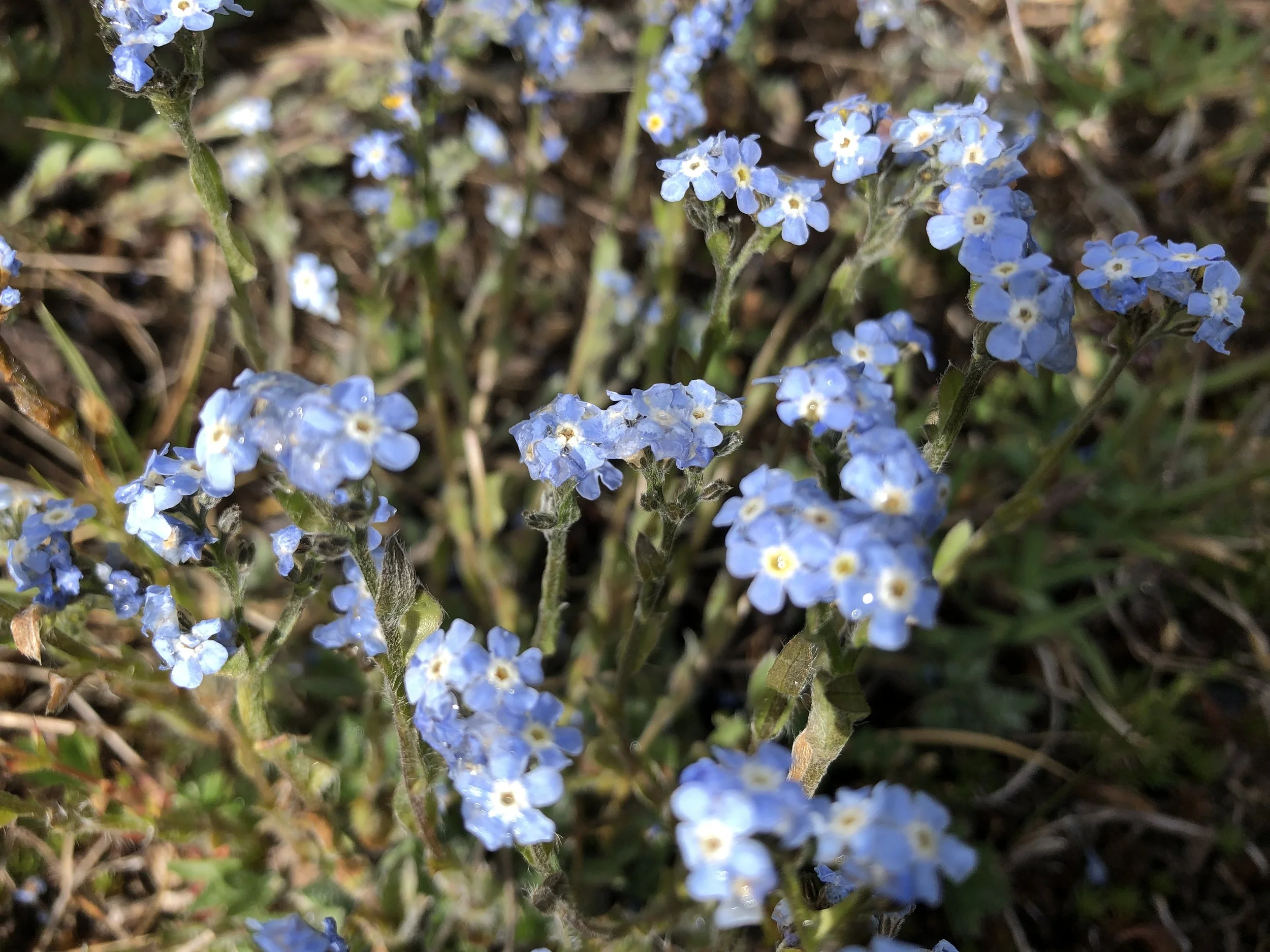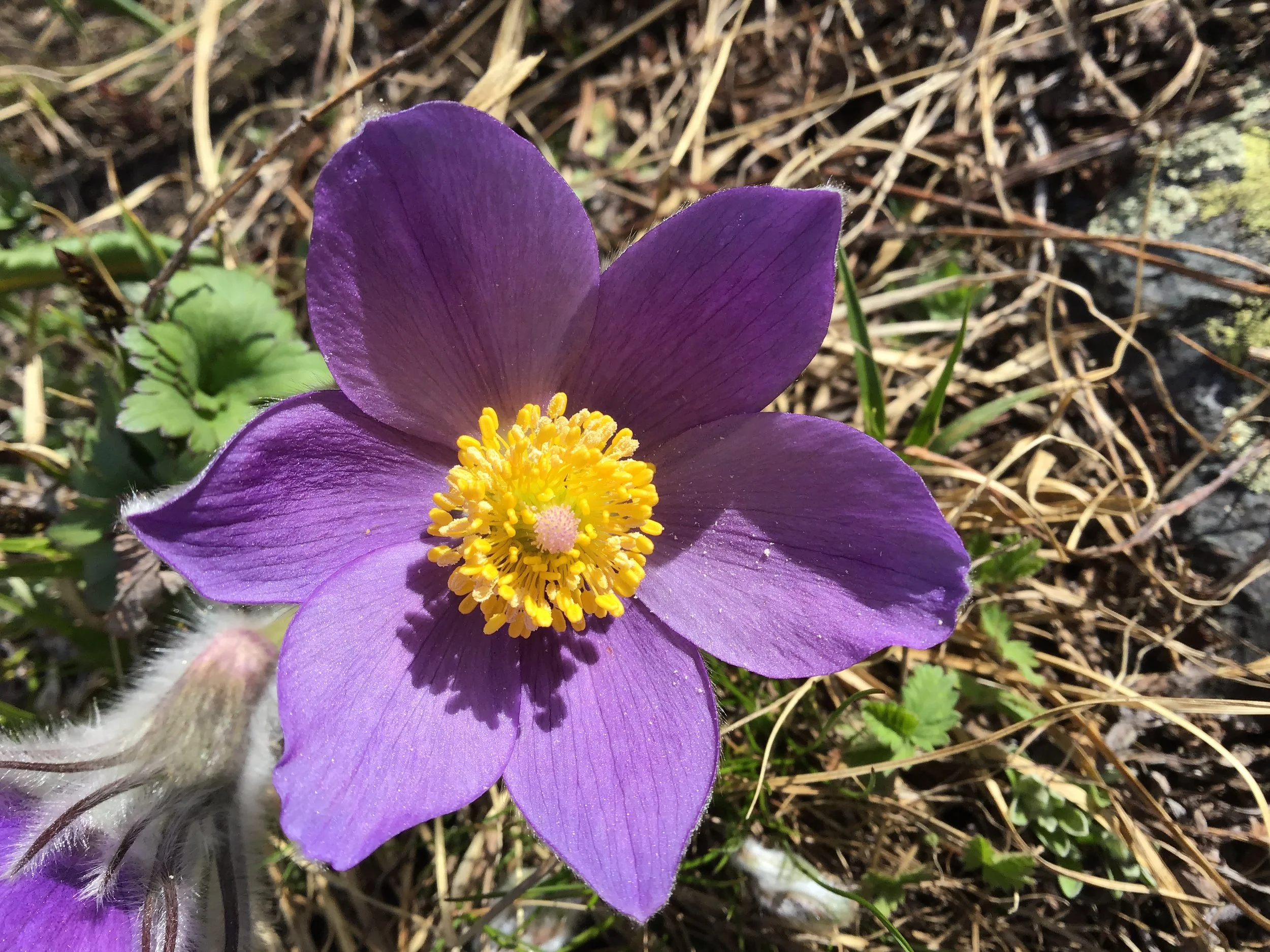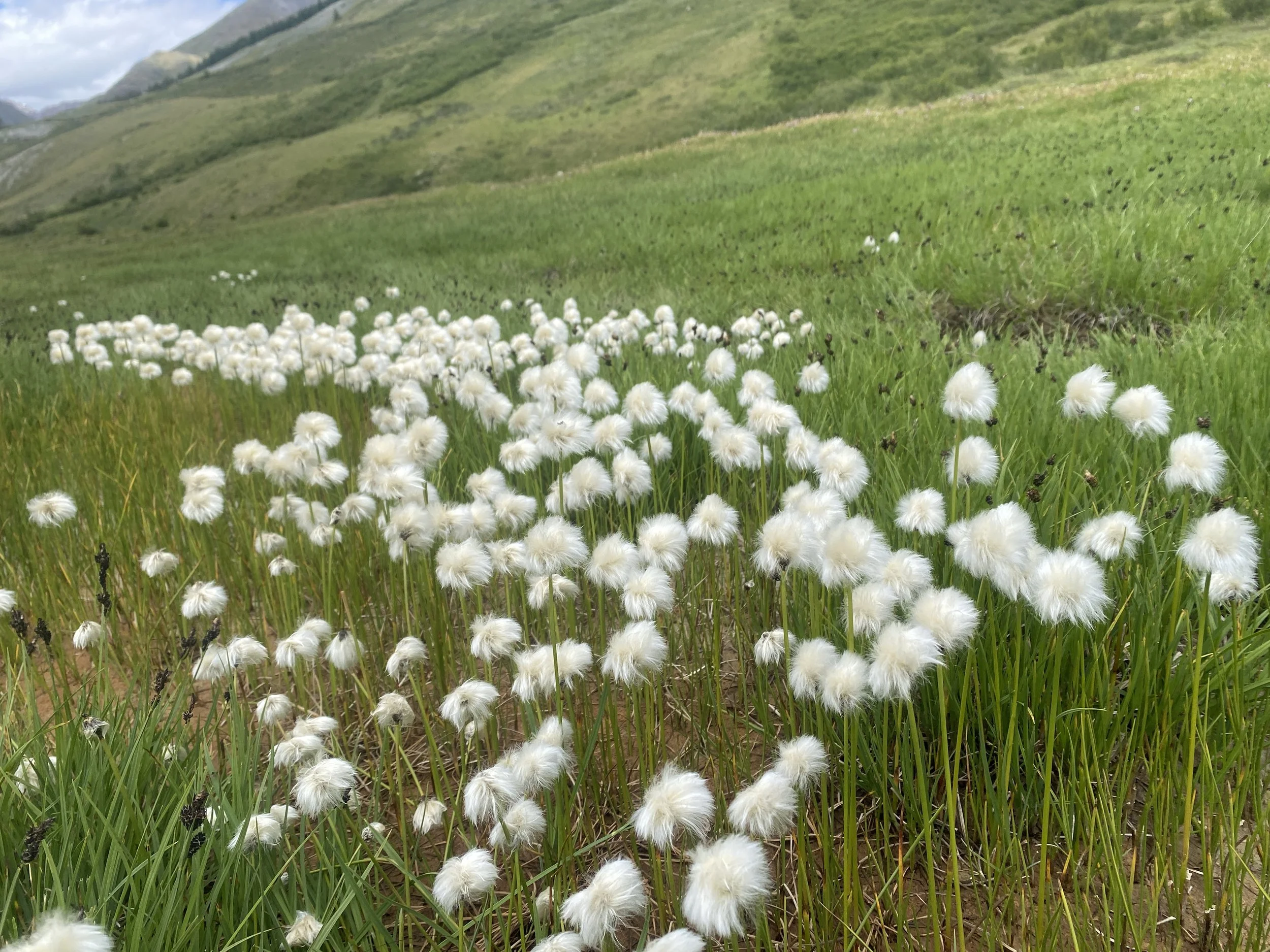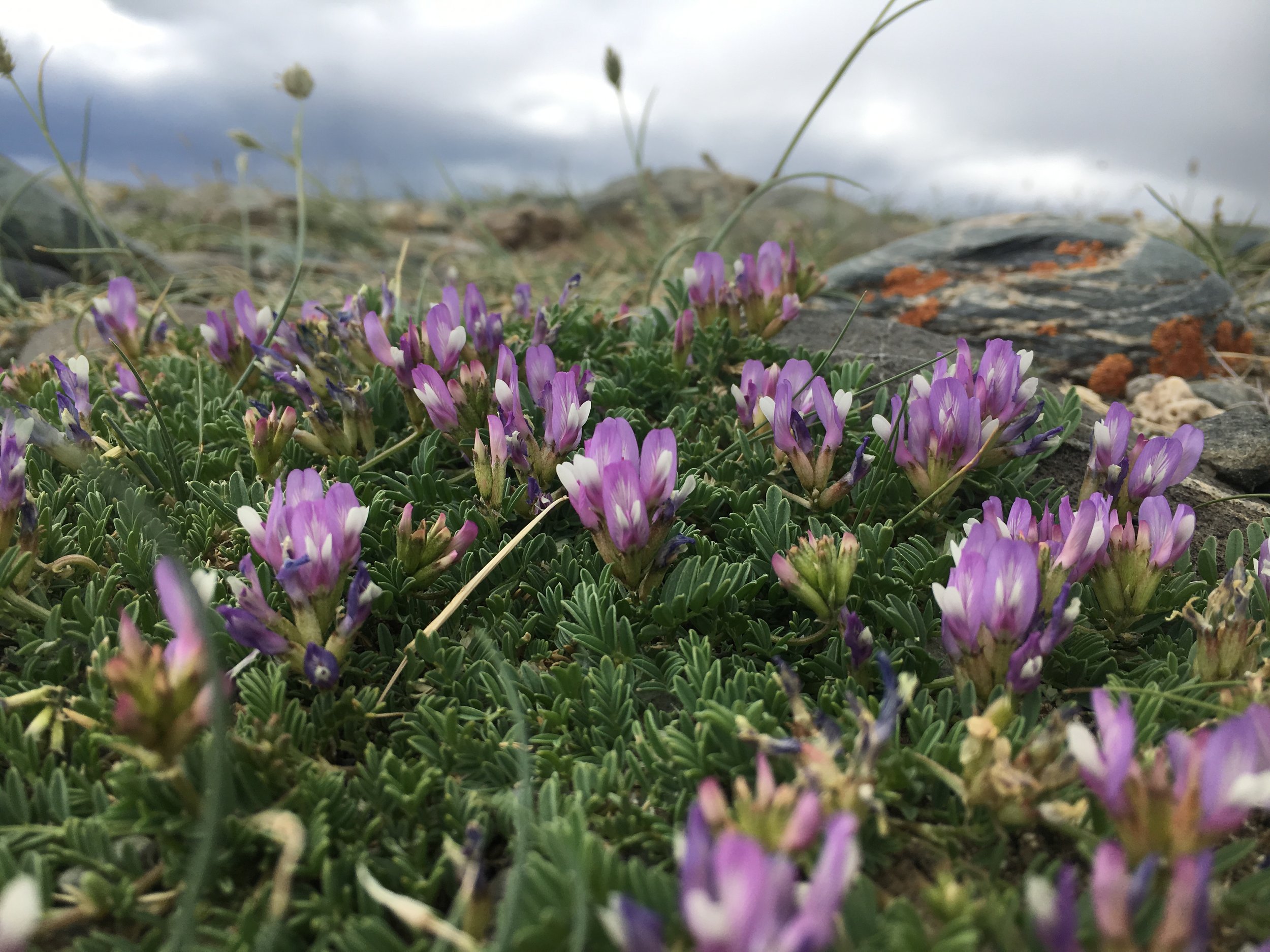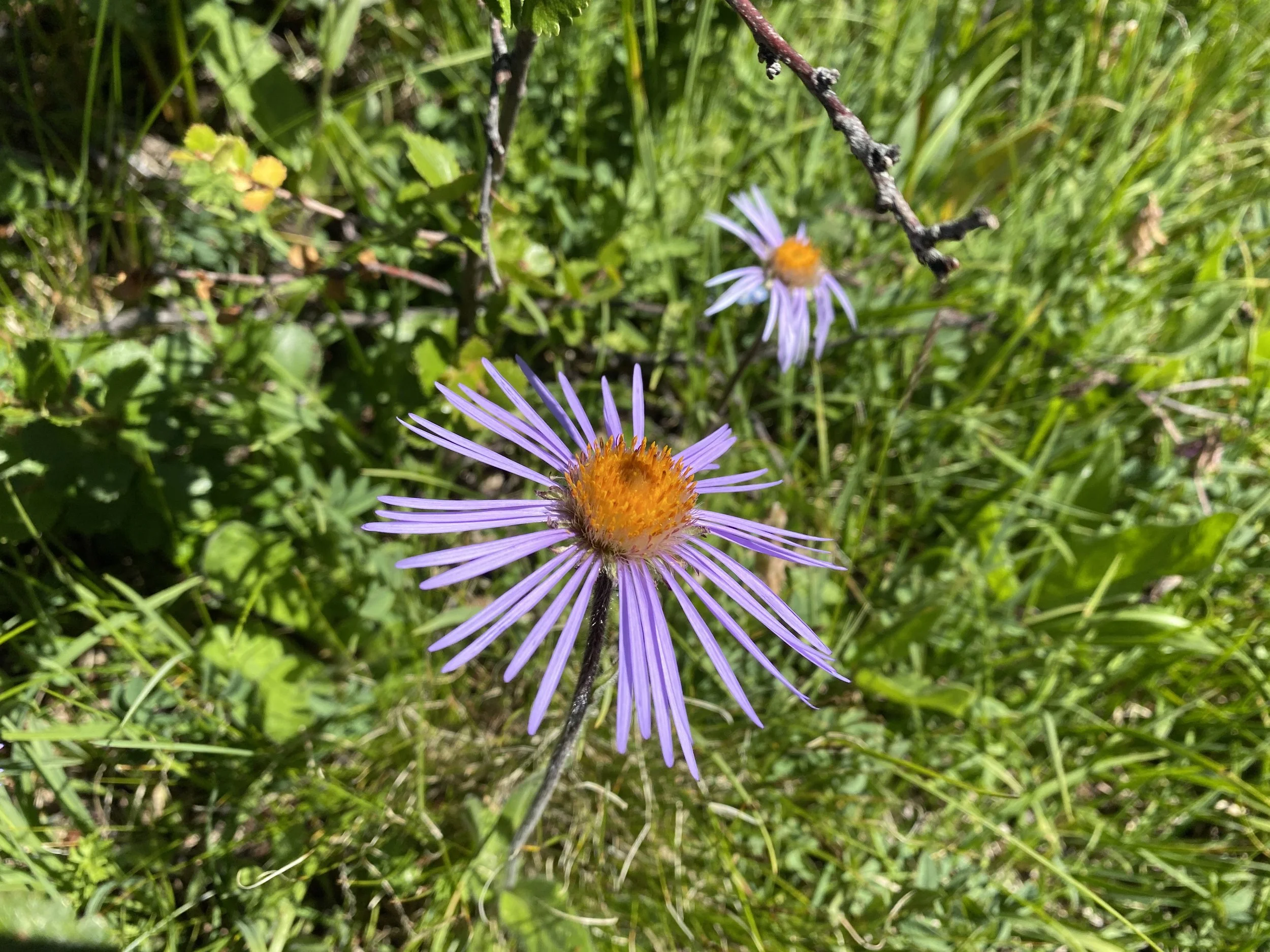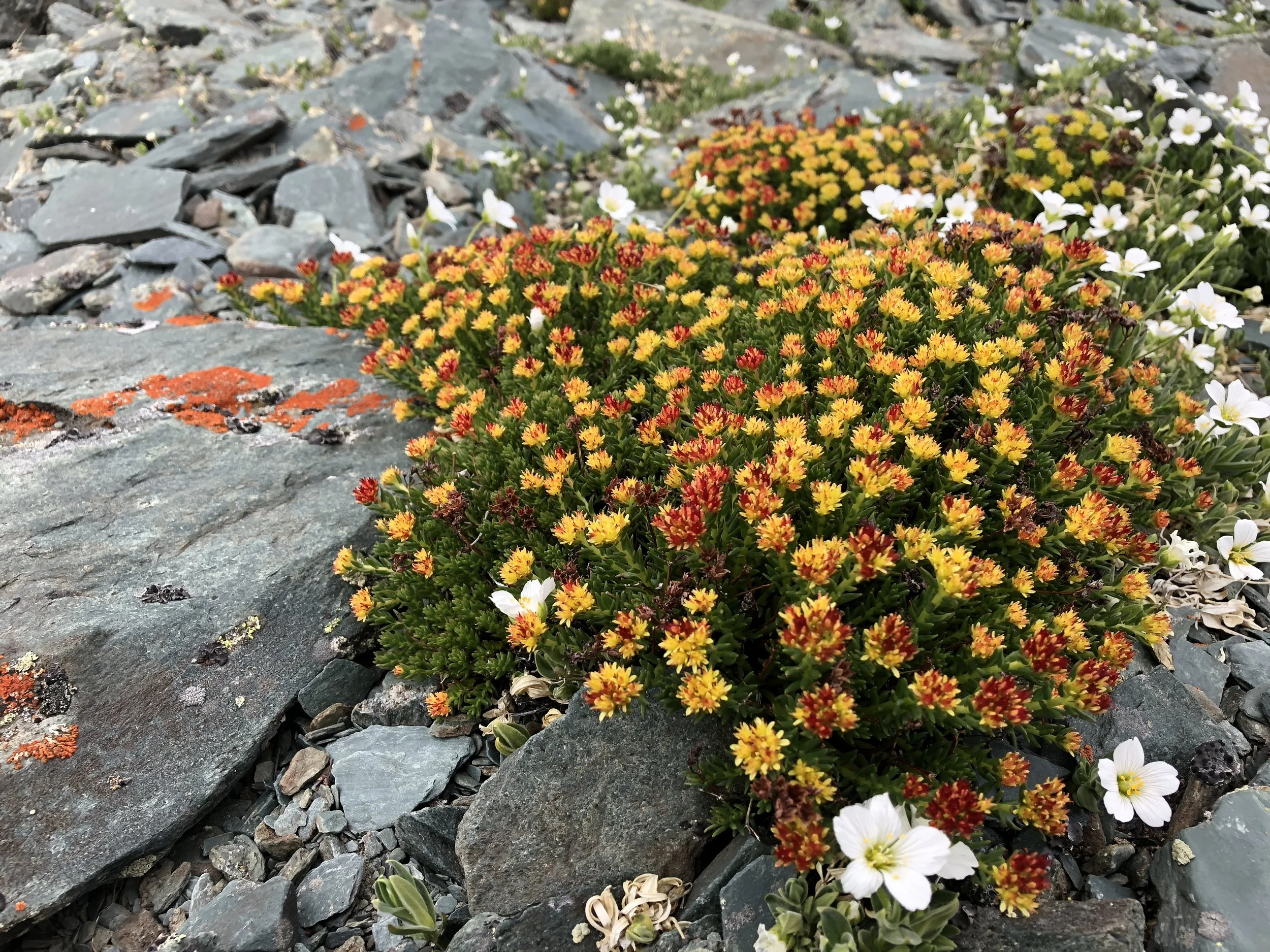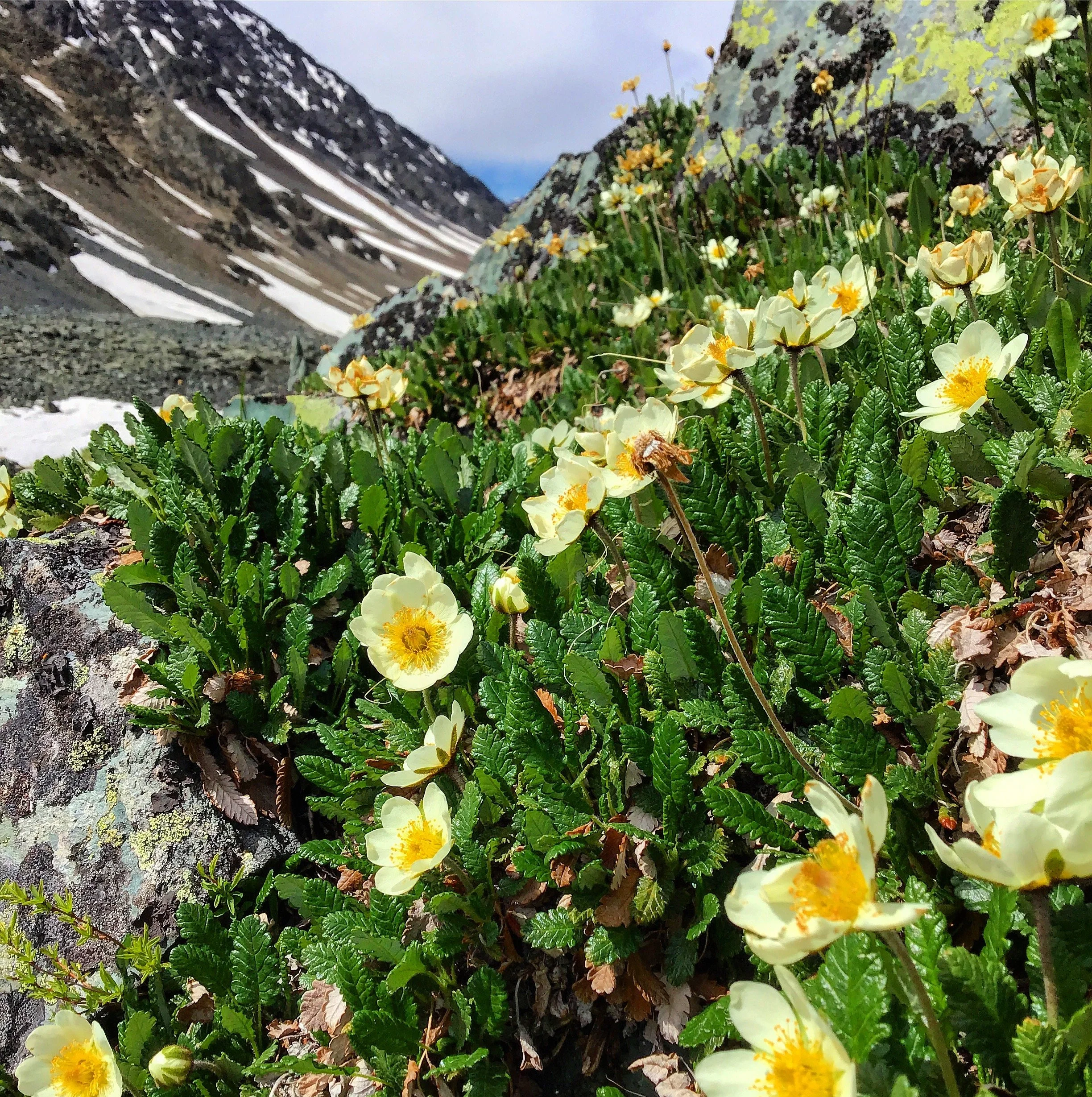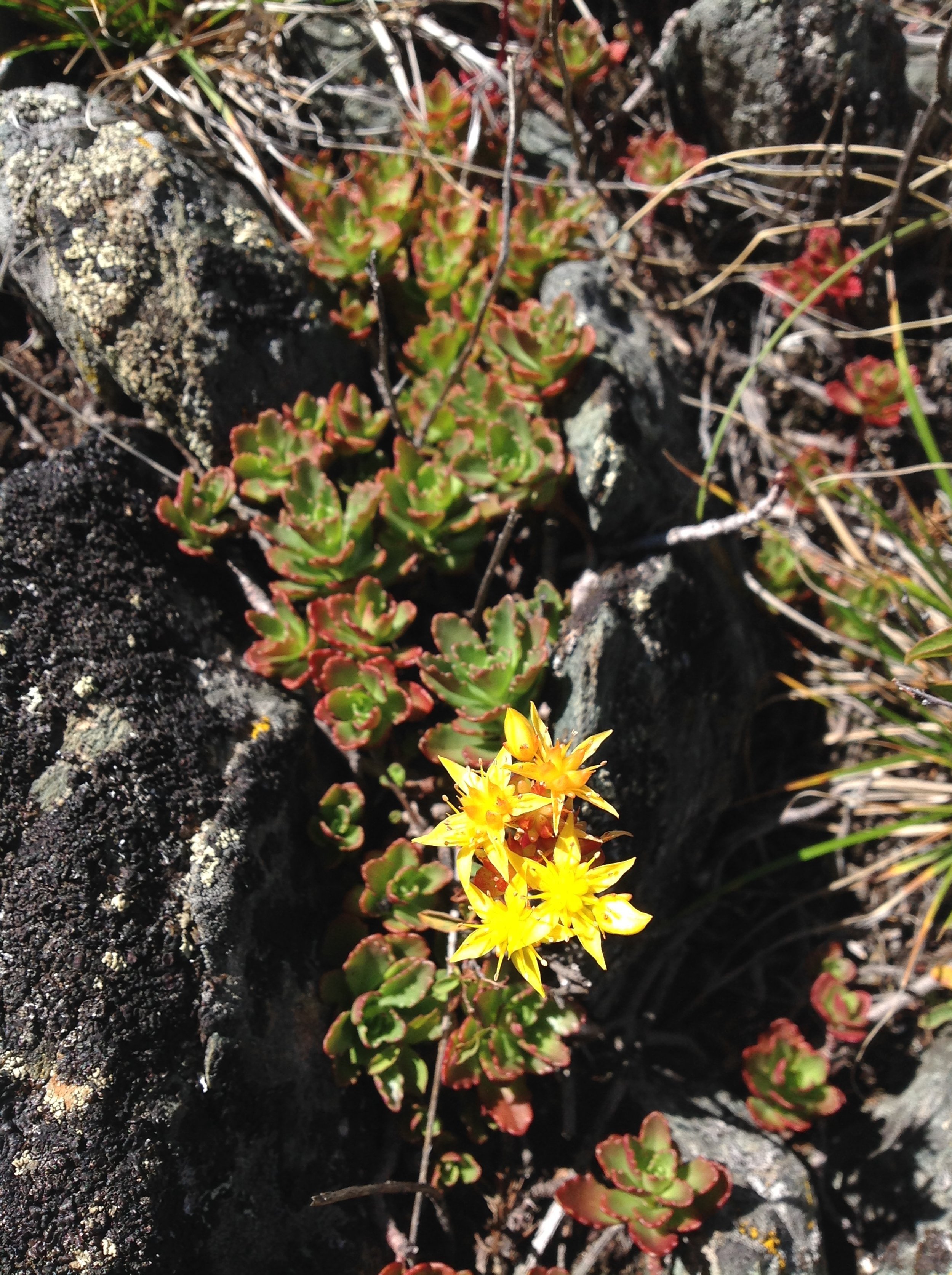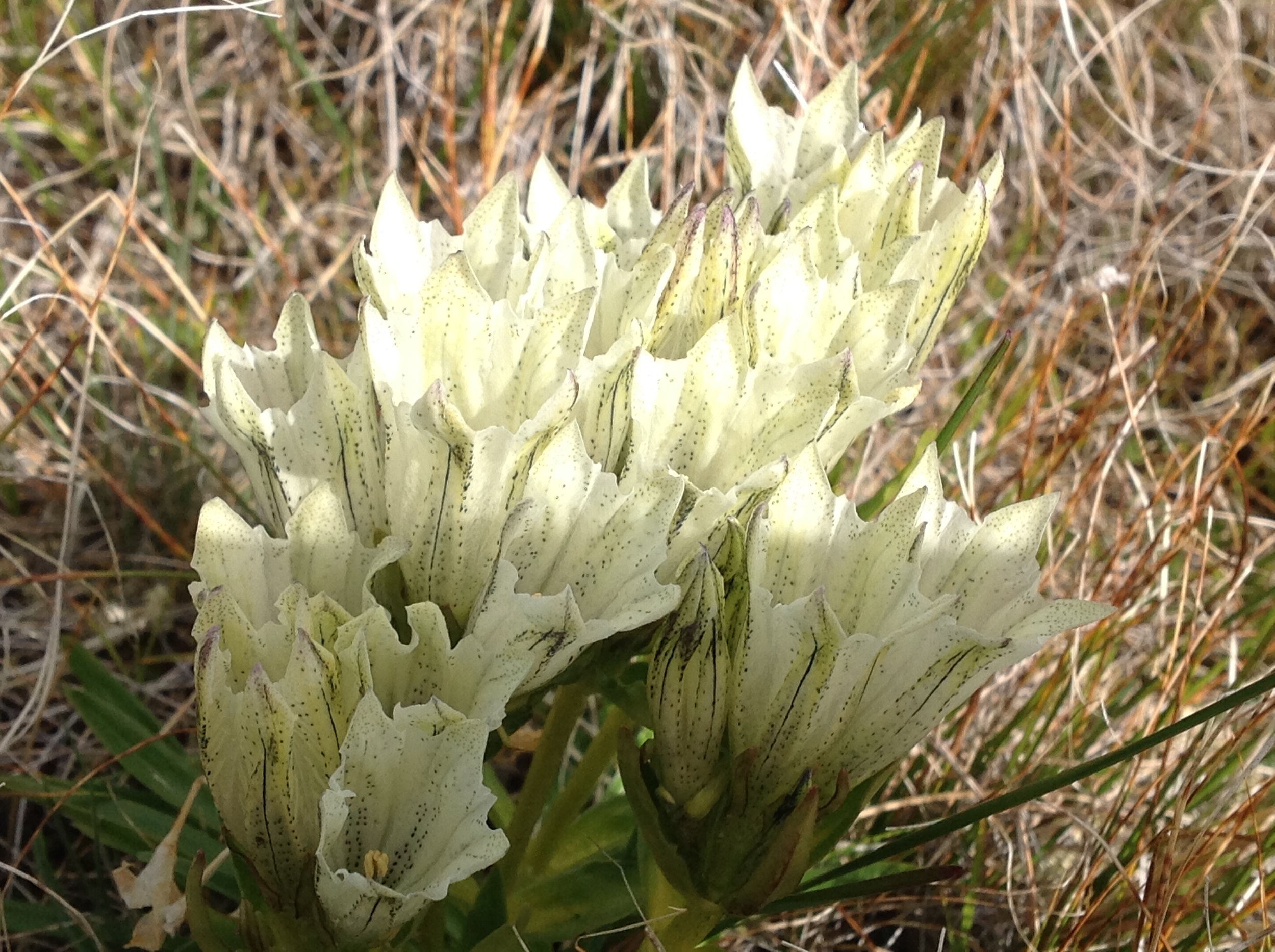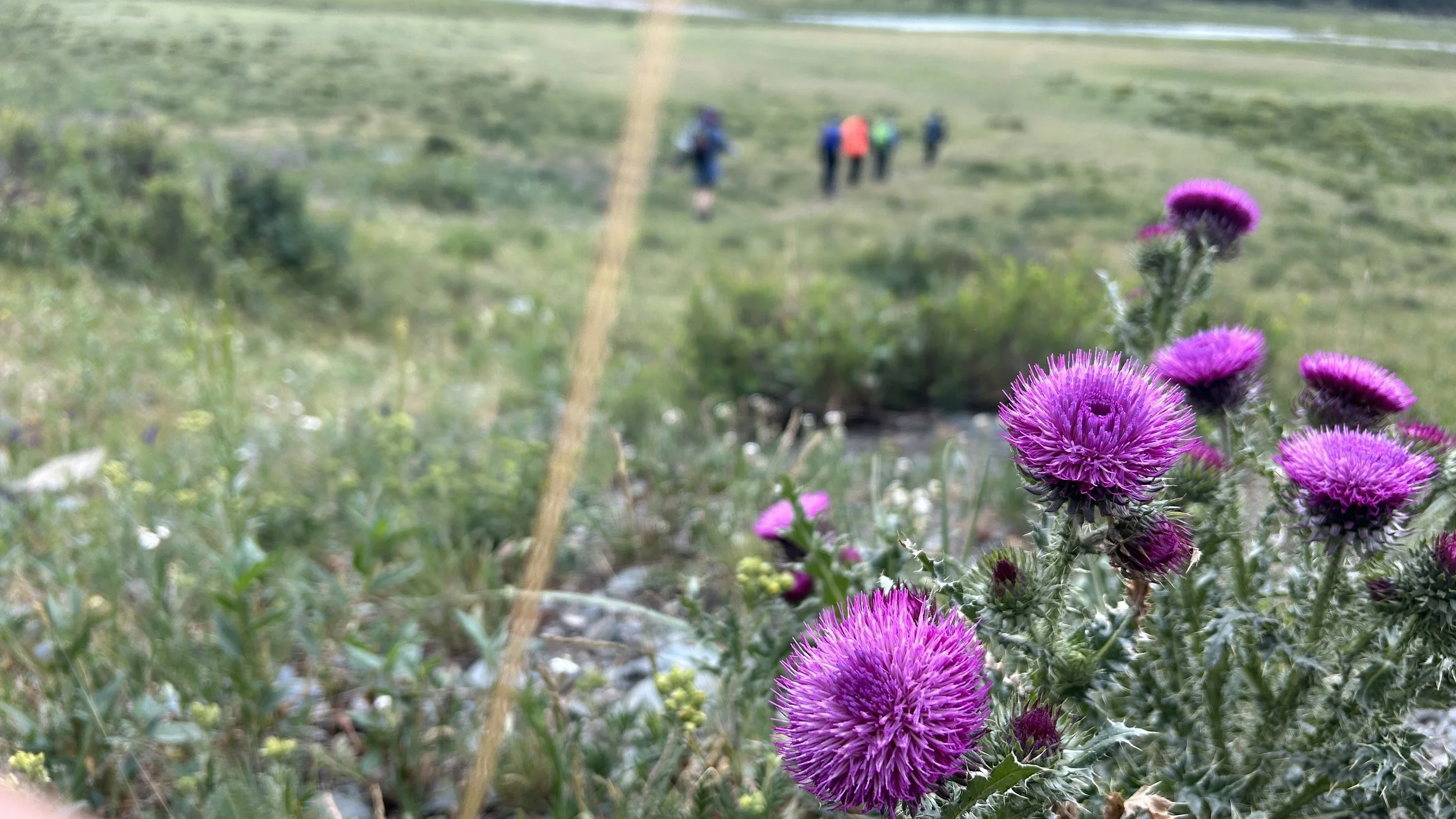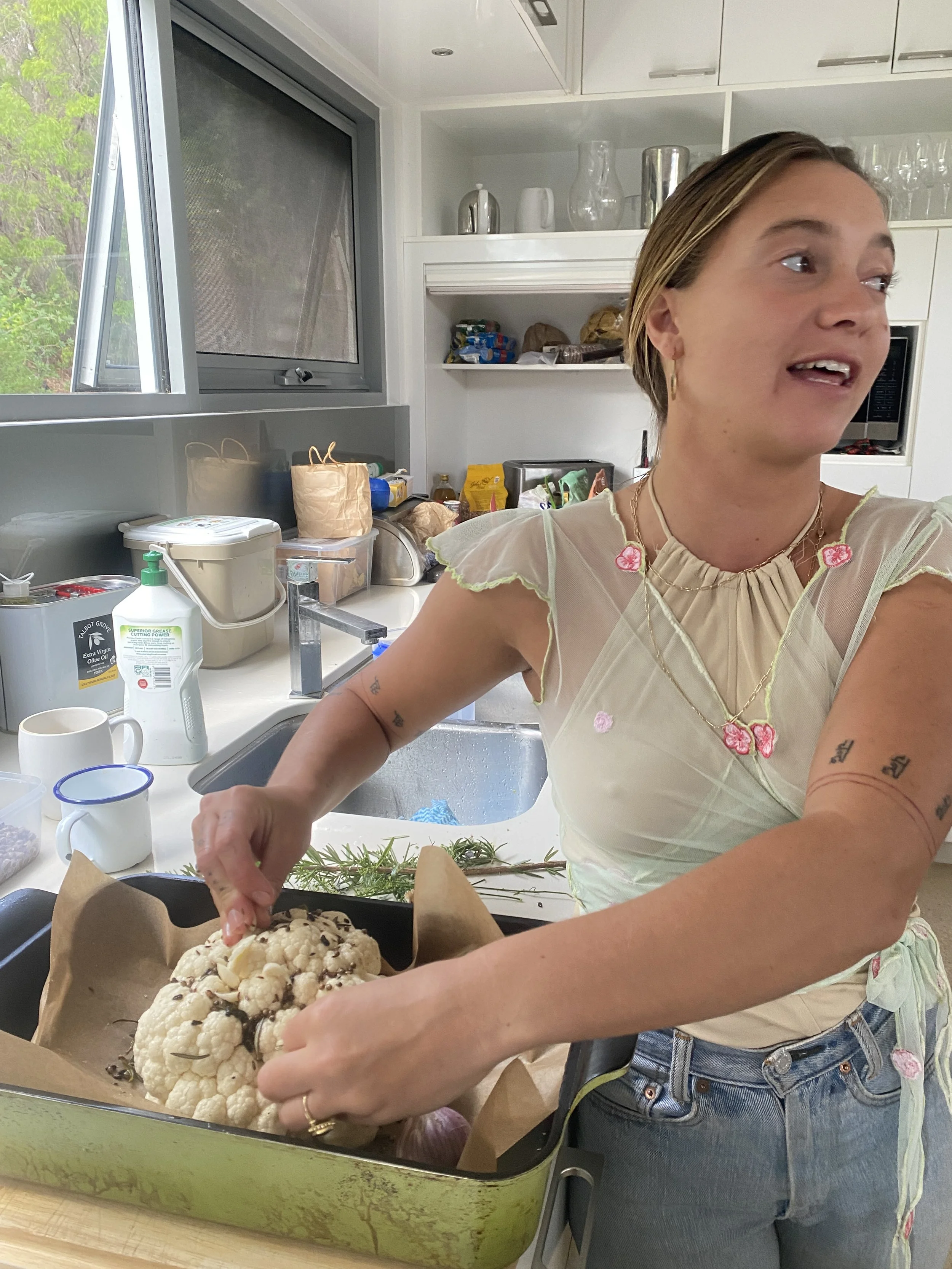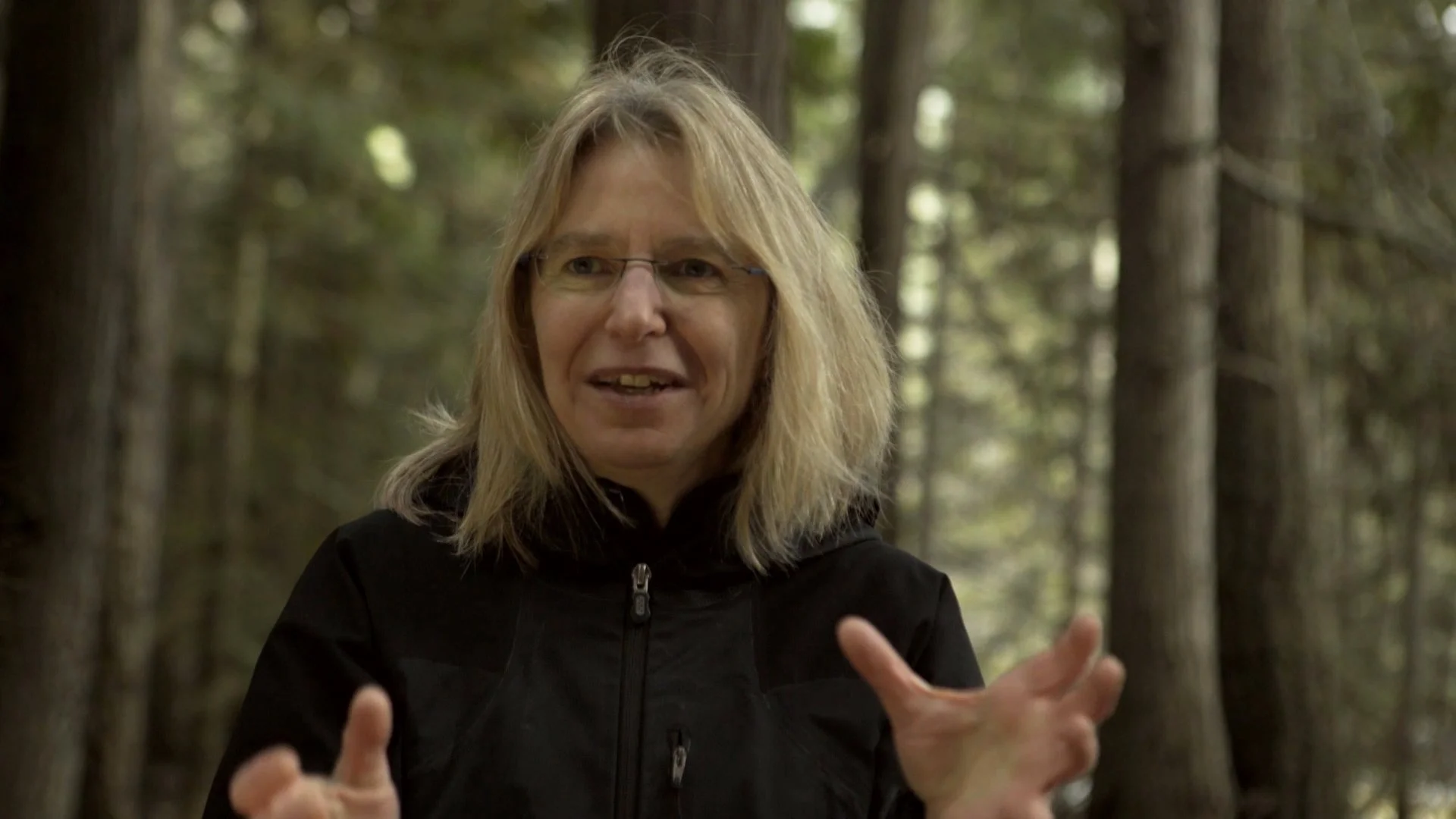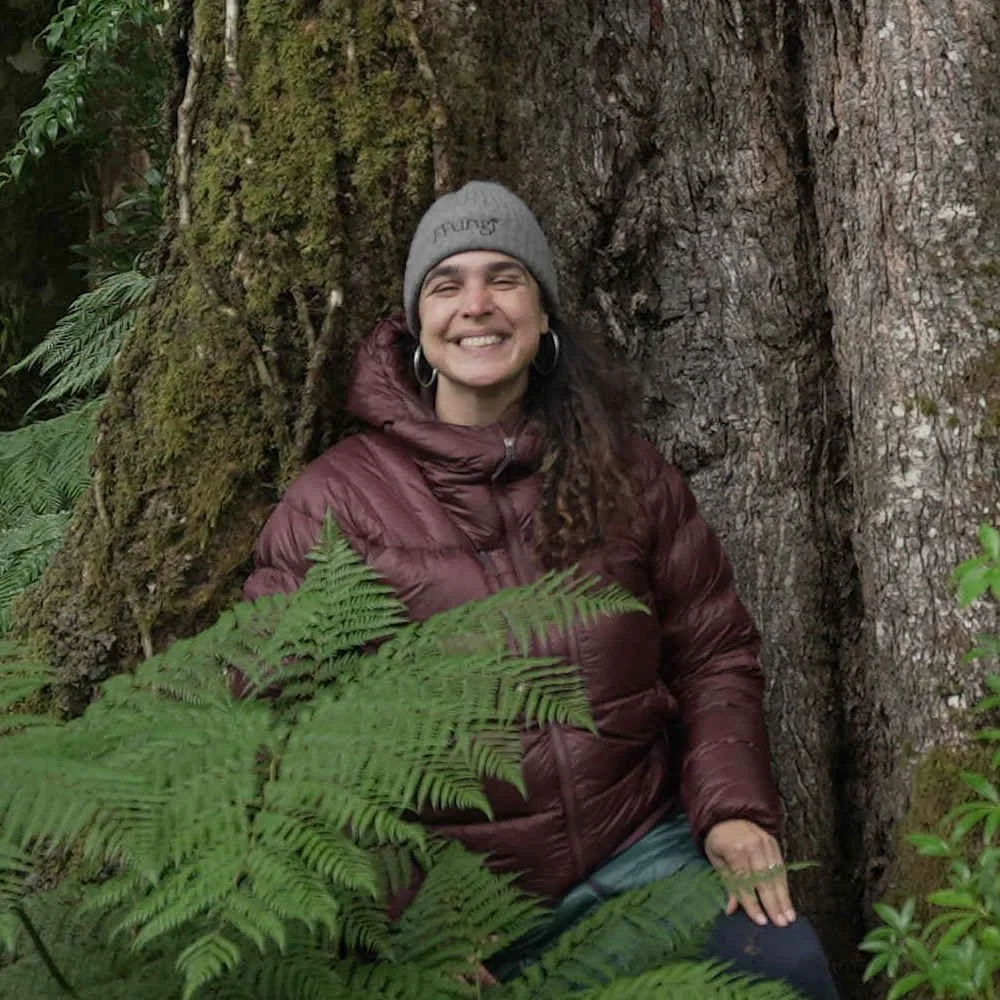Giuliana Furci, is a Chilean mycologist who established and leads the Fungi Foundation, an international NGO completely dedicated to the study and protection of fungi.
Furci and her colleagues (in Chile and around the world) are passionate about their work to influence law, policy, and research to include and protect fungi.
In July 2021, the Chilean government became the first in the world to include fungi in their environmental law.
Their declaration called on world leaders and scientists to
“… create protections for fungi under international, regional and domestic law and policy, both to state the equal significance of fungi among the kingdoms of life and to help address the threats that jeopardize the ability of many fungal species to thrive and survive,”
Furci was responsible for this important declaration and continues to lead this initiative.
They want ‘funga’ to recognised as the interconnectors of life on the planet and to be given the same protection, funding and importance as flora and fauna.
Why?
Because if we want to have an impact on climate change, we have to take into account the 450 quadrillion km of mycorrhizal networks underground that help sequester at least 5 billion tons of carbon dioxide every year.
(BTW quadrillion is 450 plus fifteen zeros - or one thousand trillions, i.e. a lot)
Because there are between 2 and 4 million species of fungi, and we hardly know anything about them.
Because the biodiversity of the fungi is integral to the survival and resilience of all life on earth. Fungi were instrumental in the evolution of life on the planet.
Because without fungi life would not be possible.
In a recent article in Time Magazine she calls for fungal education to be included in school and academic curricula.
‘Accounts of the living world that do not include fungi are accounts of a world that doesn’t exist.’
Find out more about this important initiative here.
Guiliana Furci and Suzanne Simard are inspiring leaders in their fields; their work is ground breaking and important.
We celebrate and applaud them.
We celebrate women all around the world.
We celebrate our stories, our intelligence and creativity, our resilience and capacity for love and empathy; our adventurous spirits and intuition, our discipline and physical prowess, our humour and our courage.
But let’s also remember that women still make up a minority in the sciences, in research, in decision-making and in leadership.
Let’s remember that 70% of women live in poverty. And that at the coal face of the biodiversity crisis are women and girls who have to work harder to find wood for fuel, clean water and plants for food and medicine.
So, let’s celebrate.
But let’s also act in whatever way we can.
Imagine the world if all women had the freedom and agency to pursue their passions, reach their fullest potential and offer the world their unique contribution.
Let’s act because we too must be allies in the survival of our planet.


